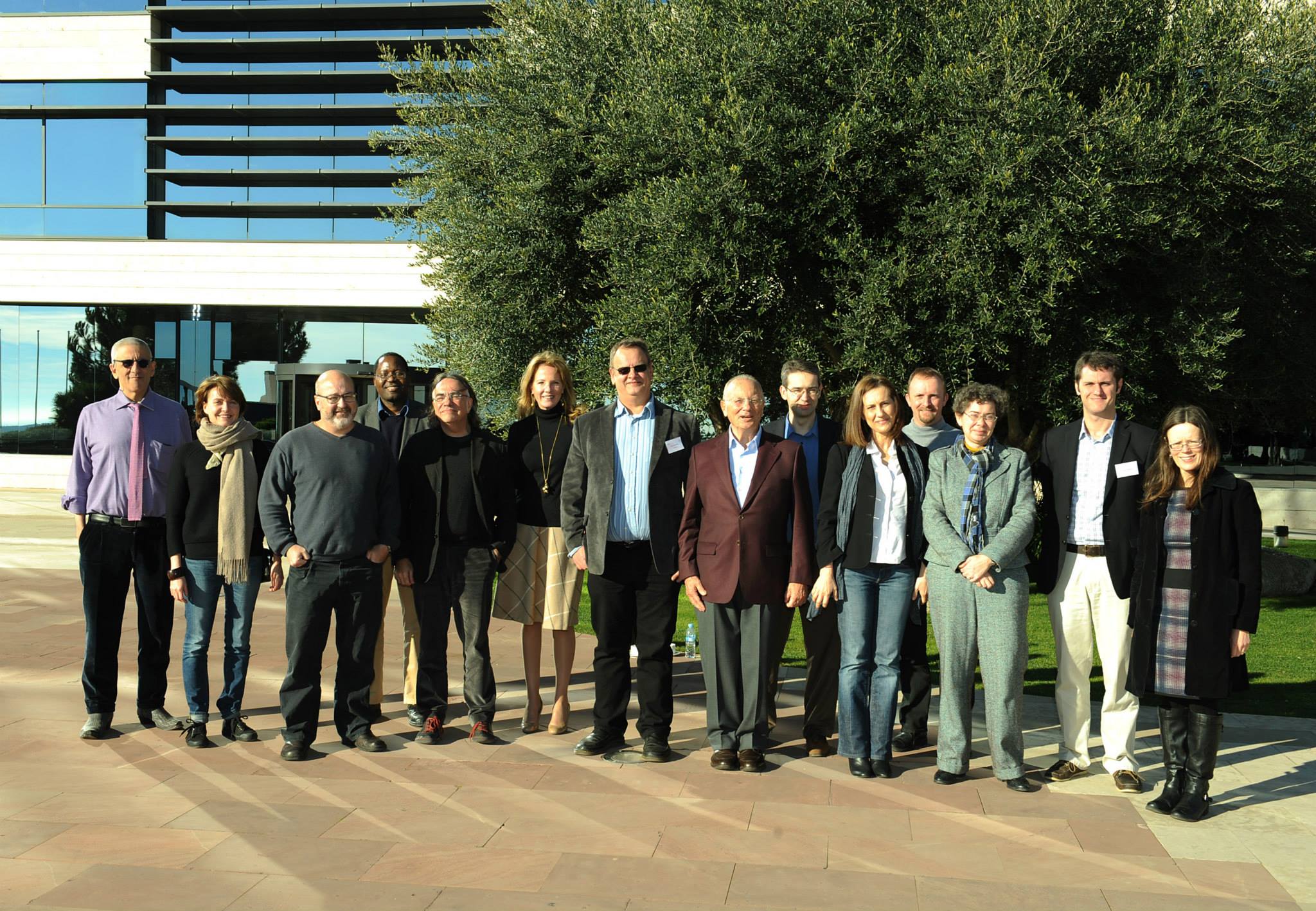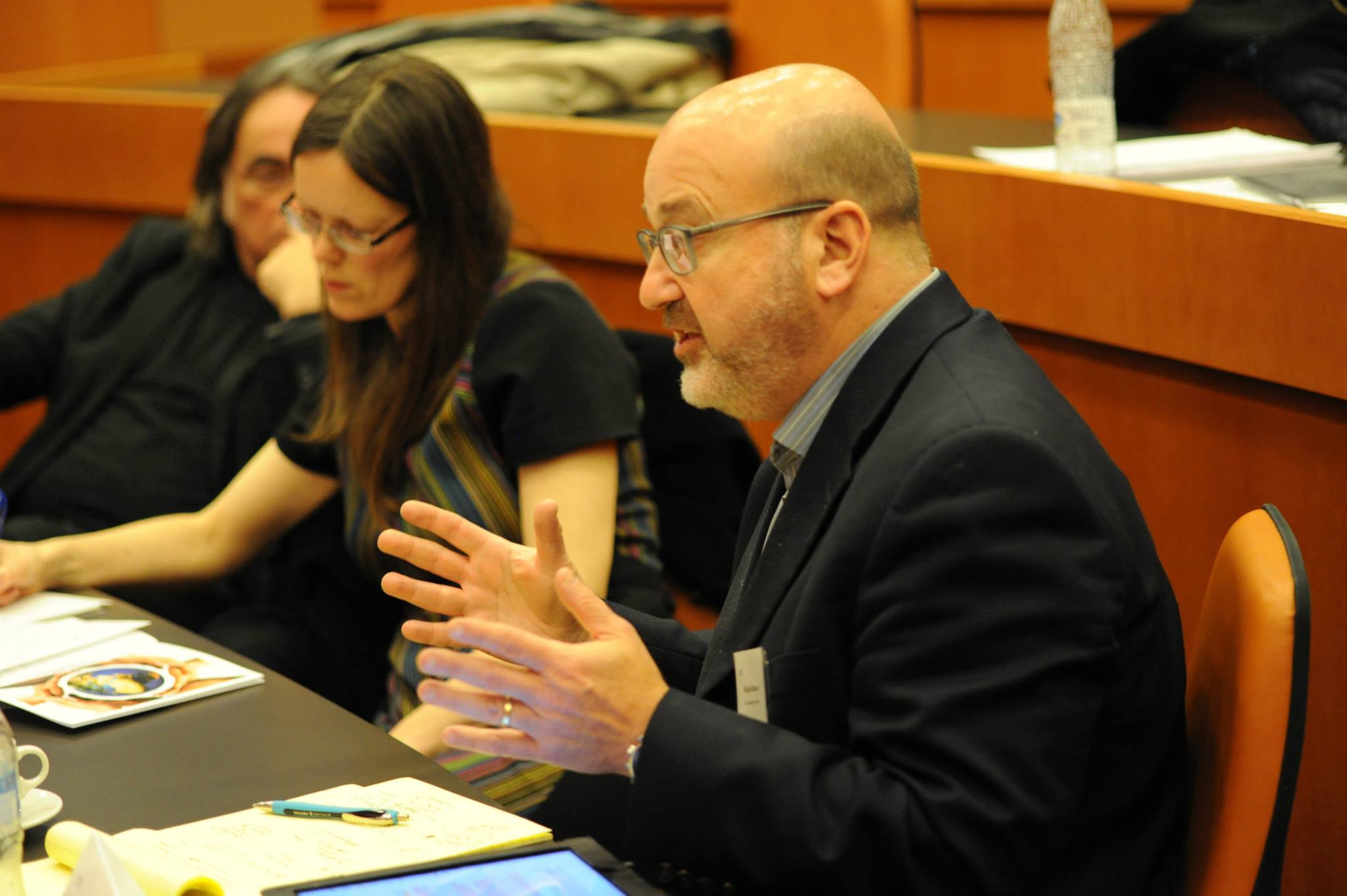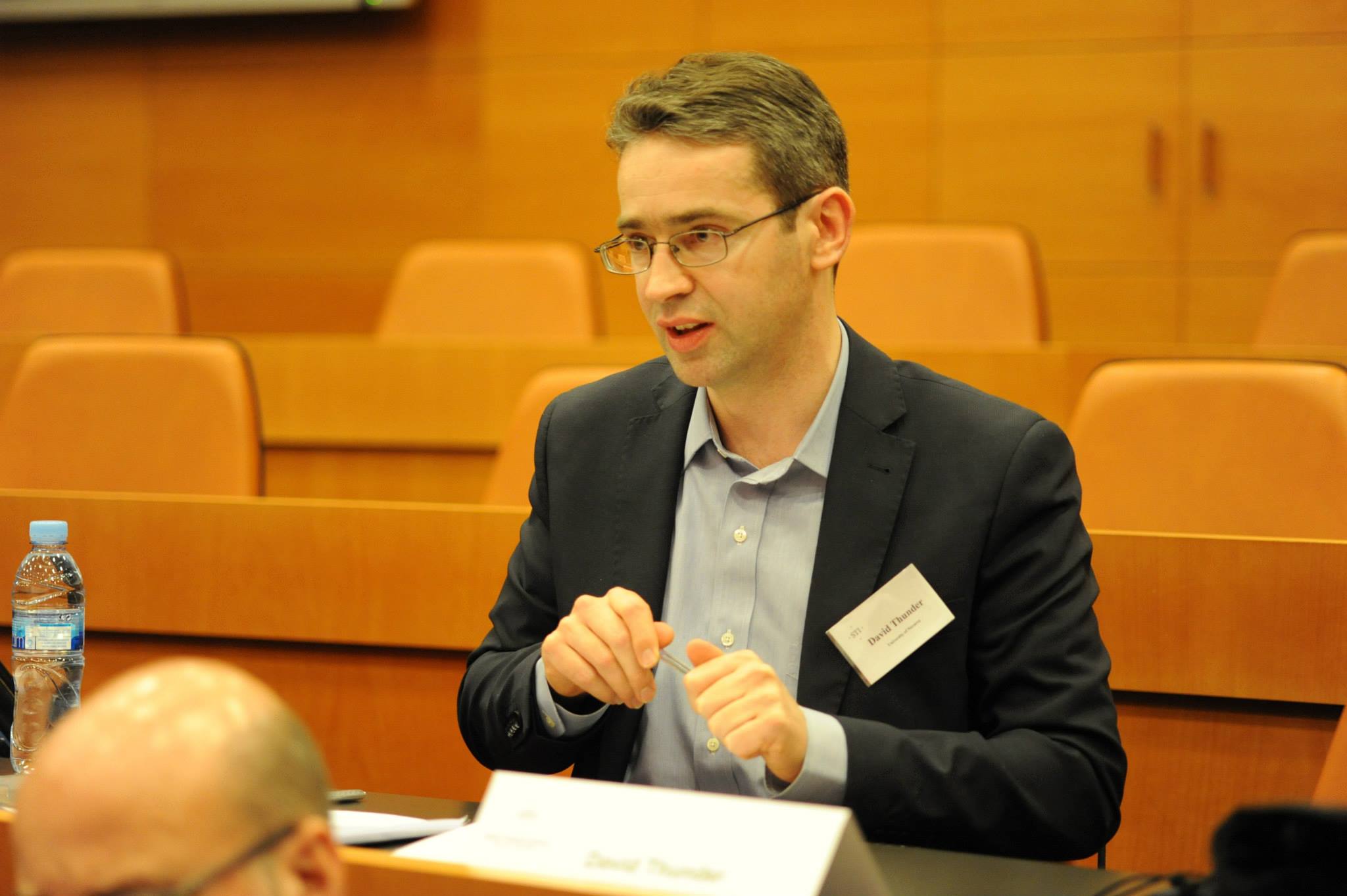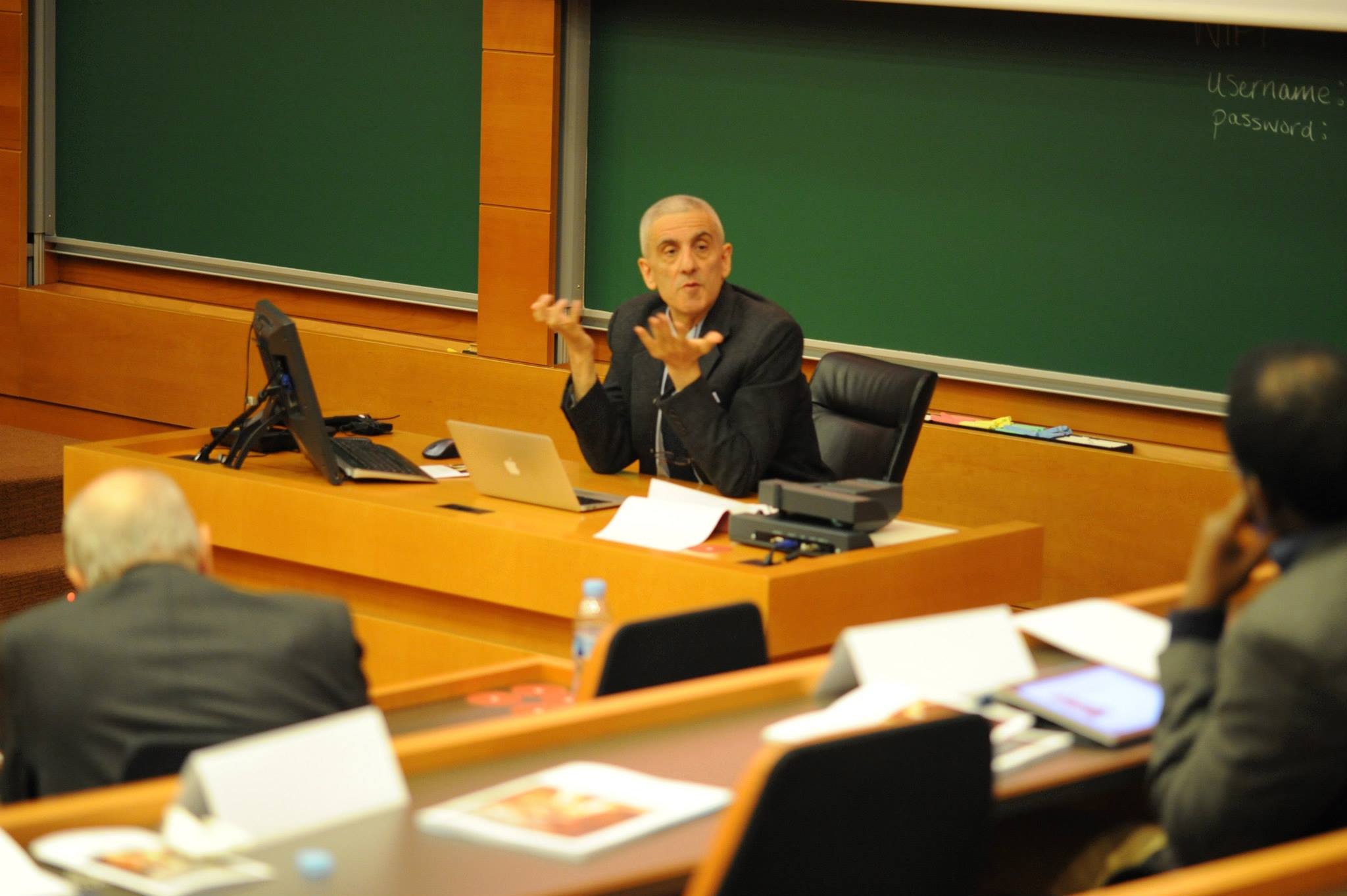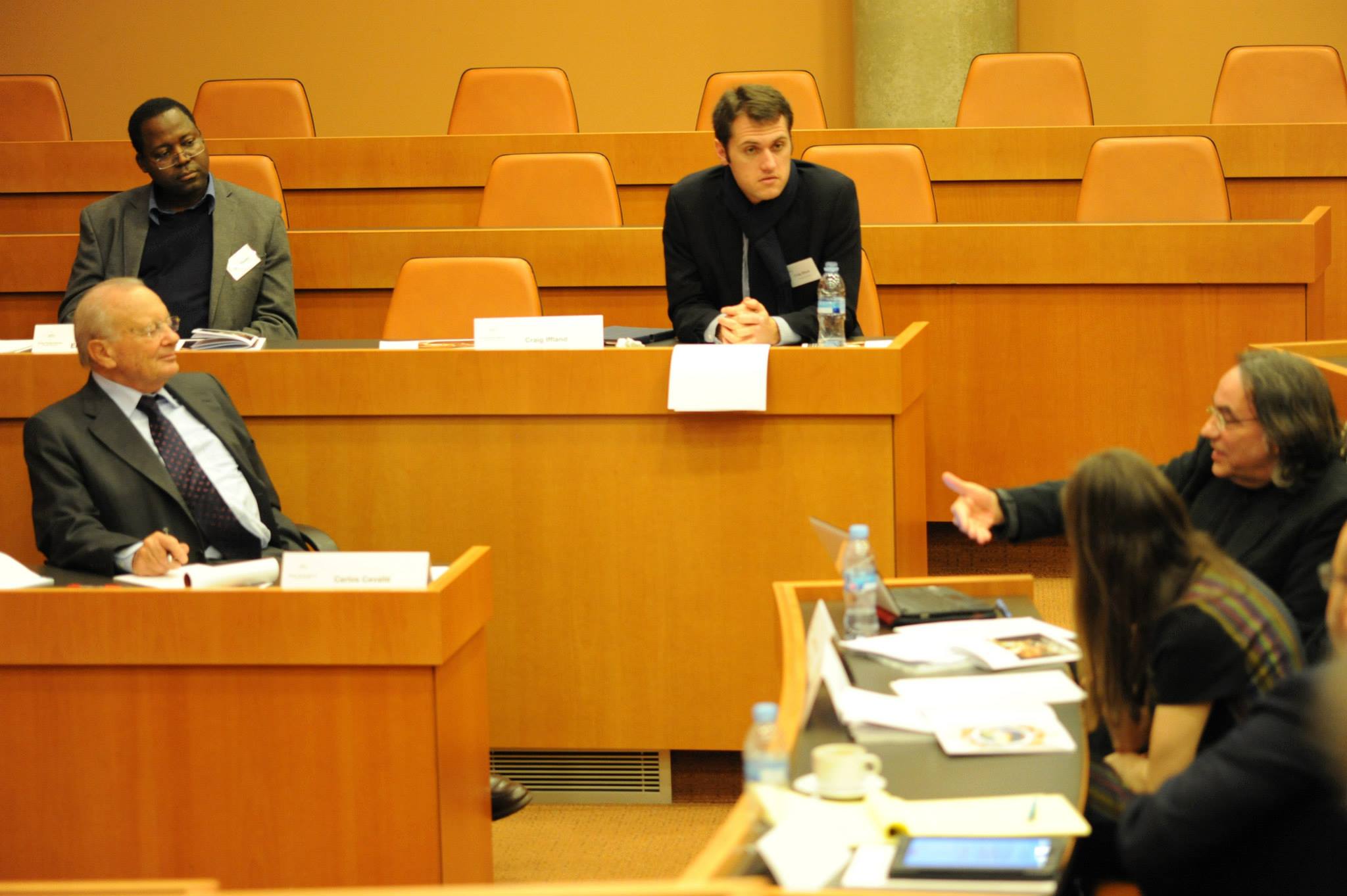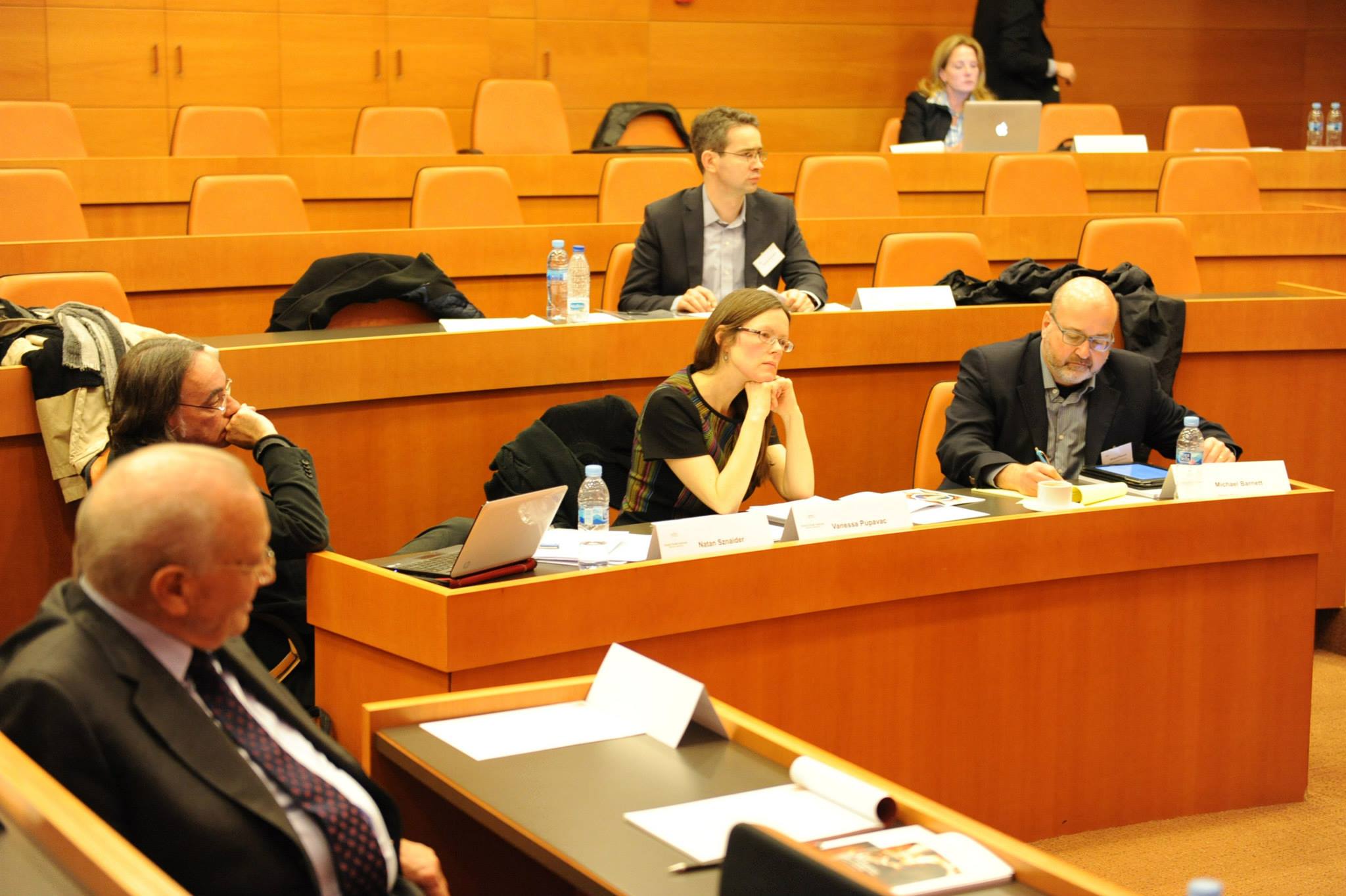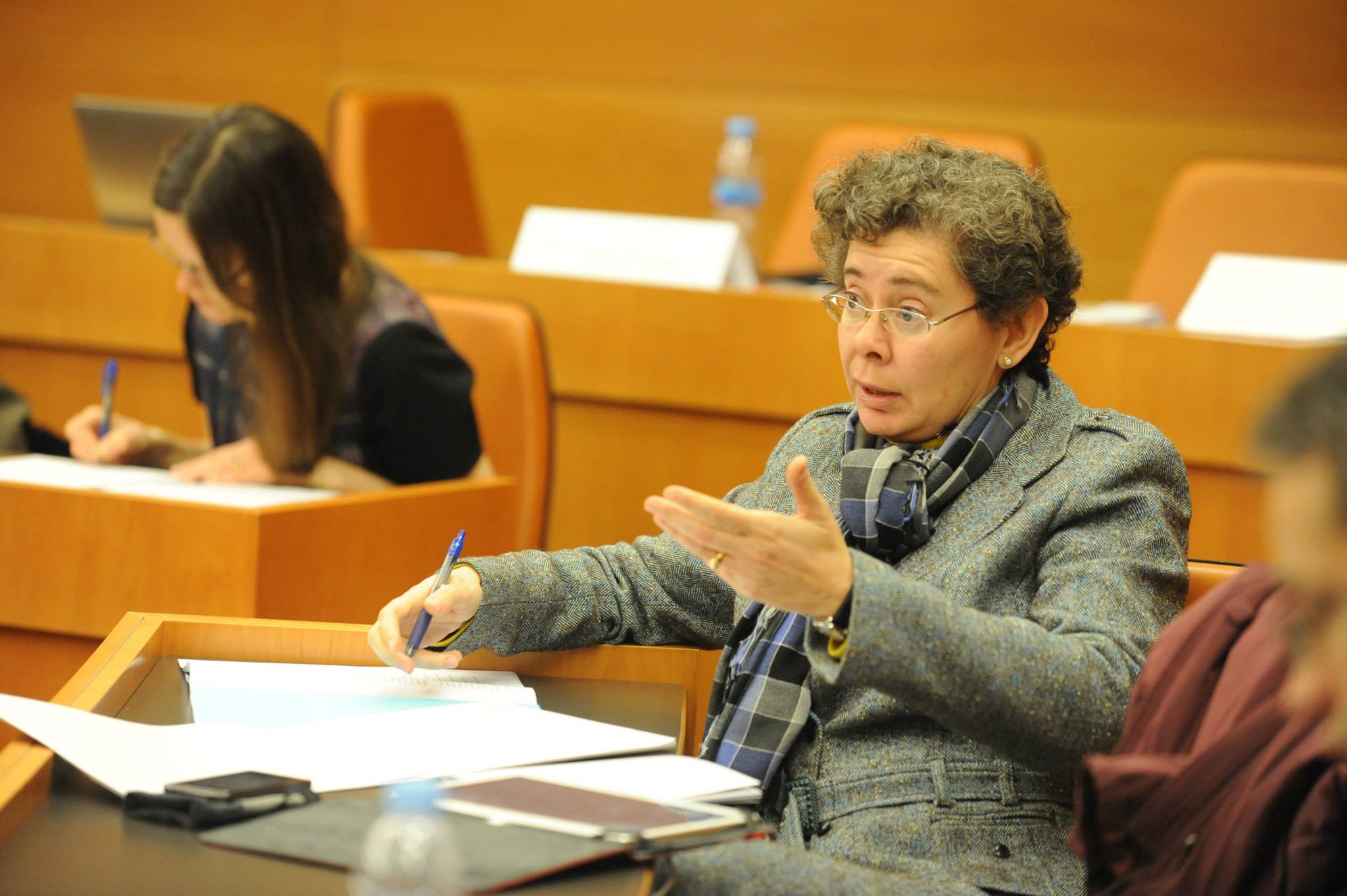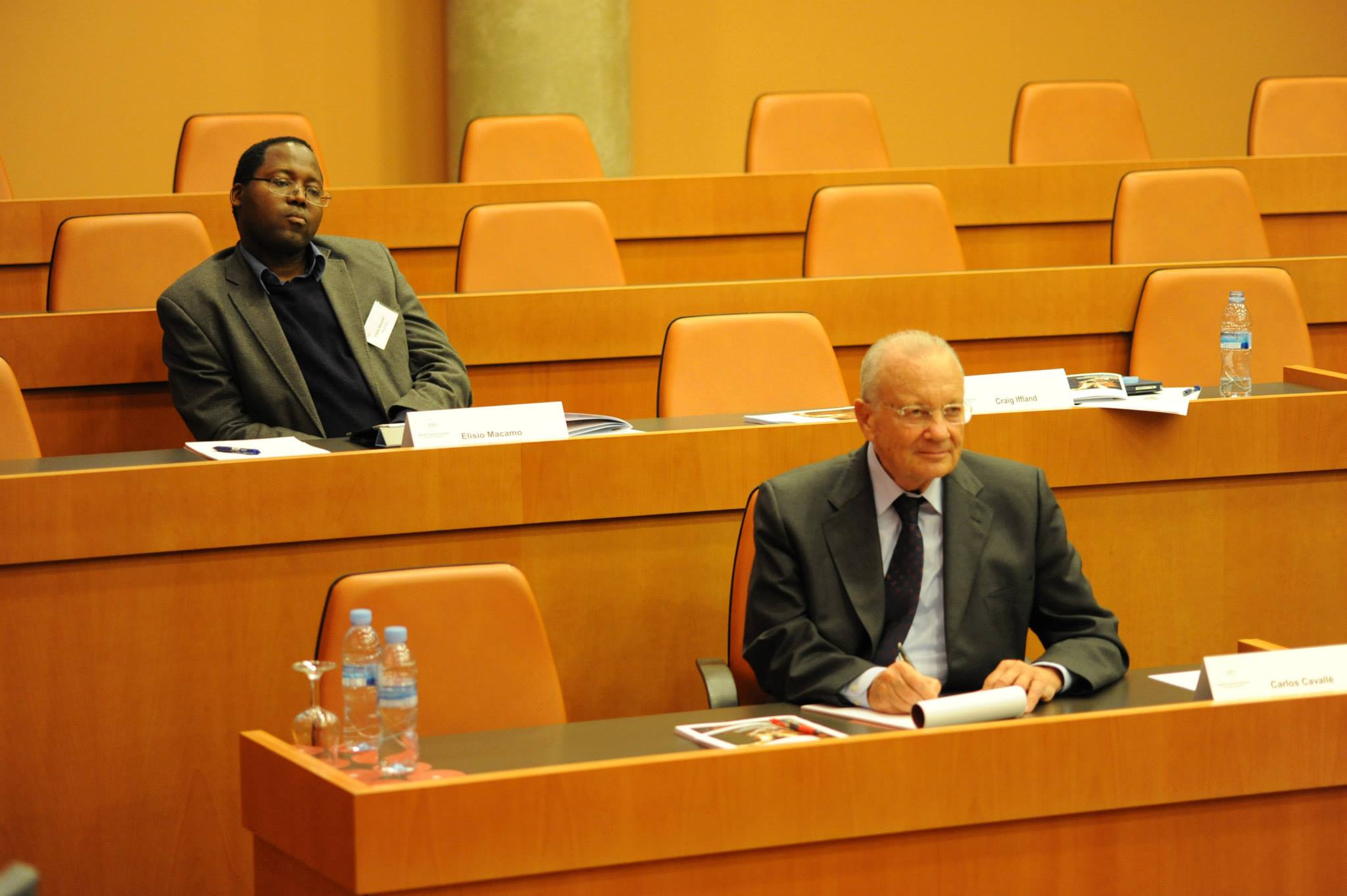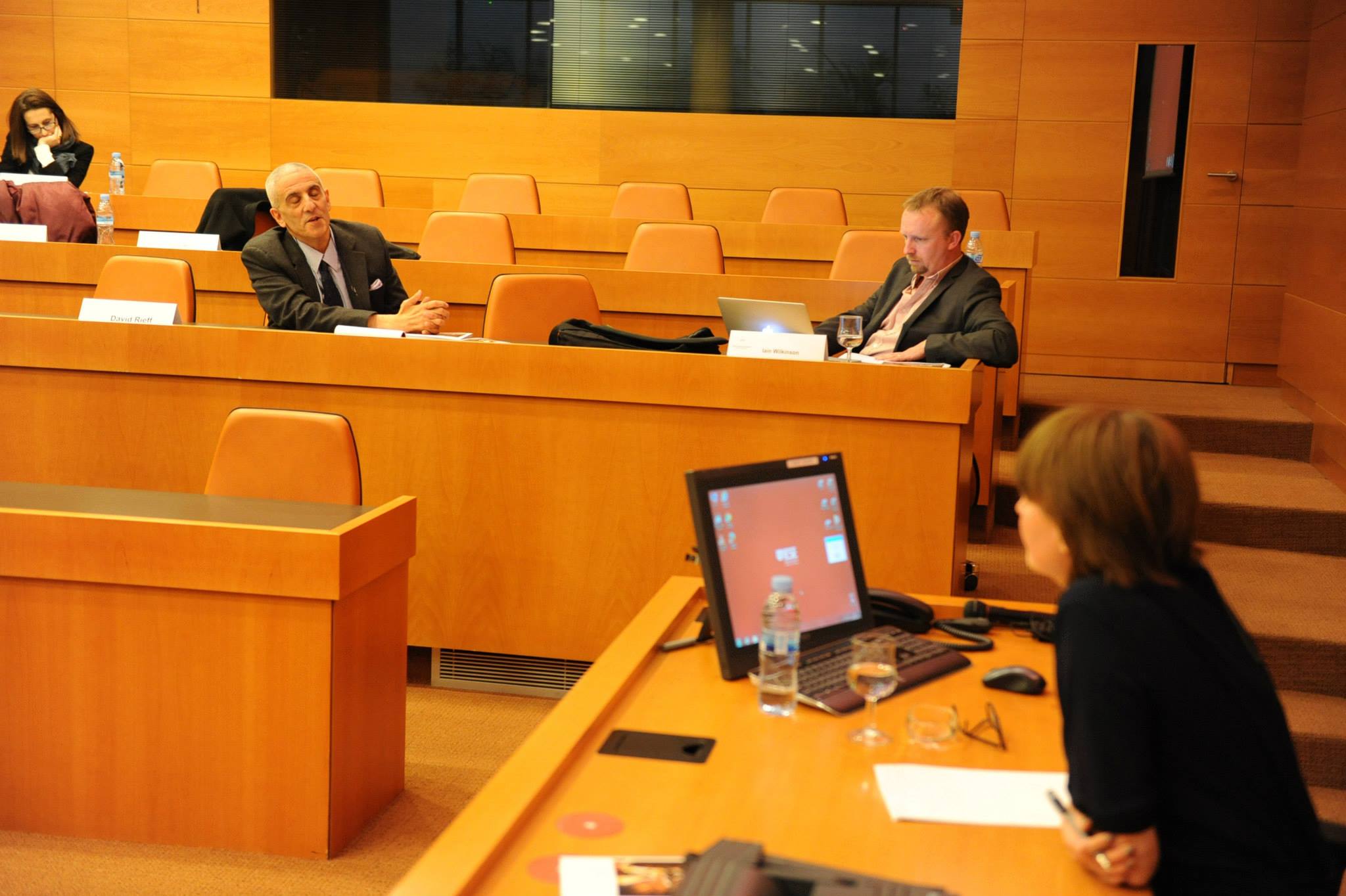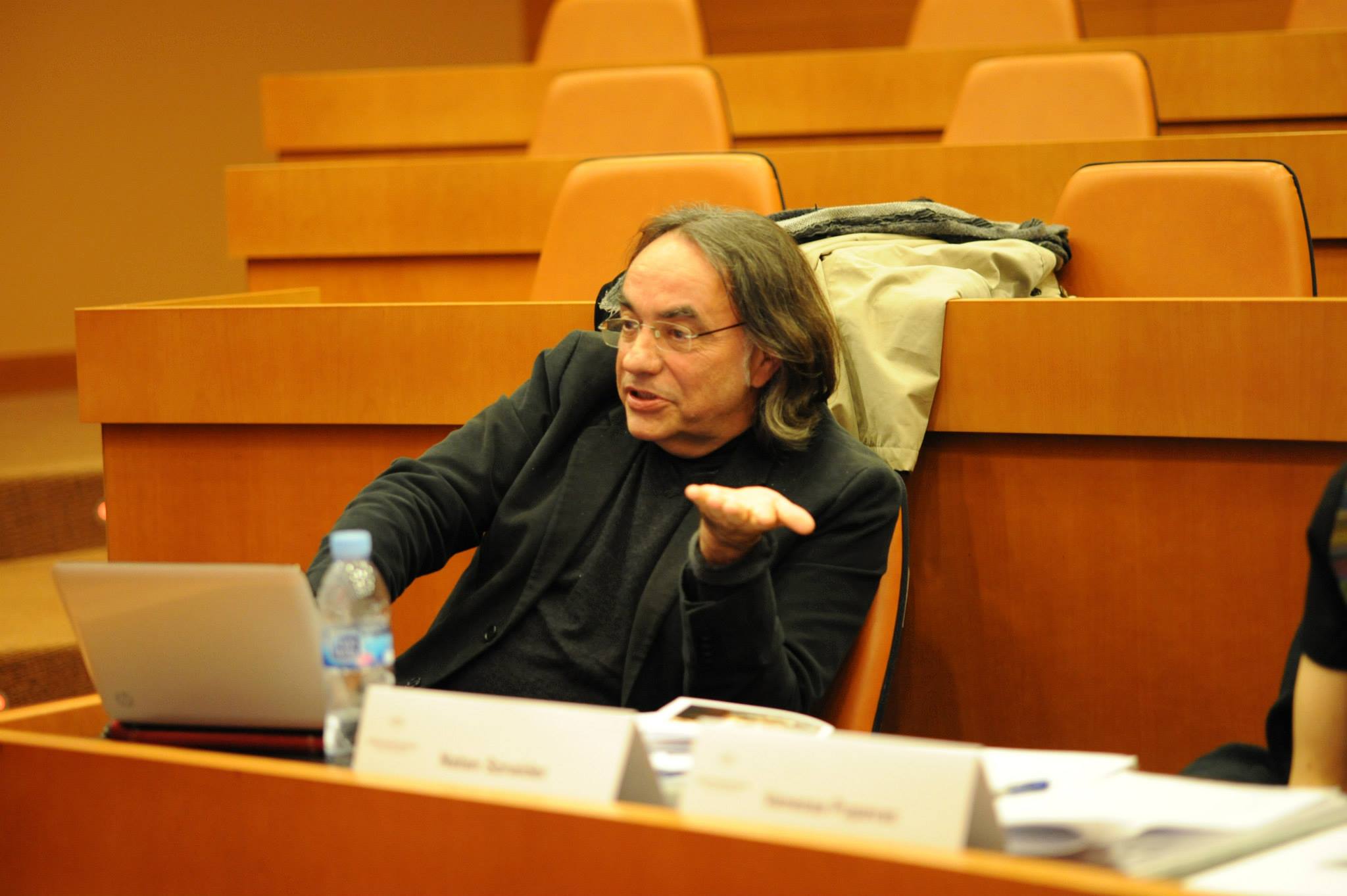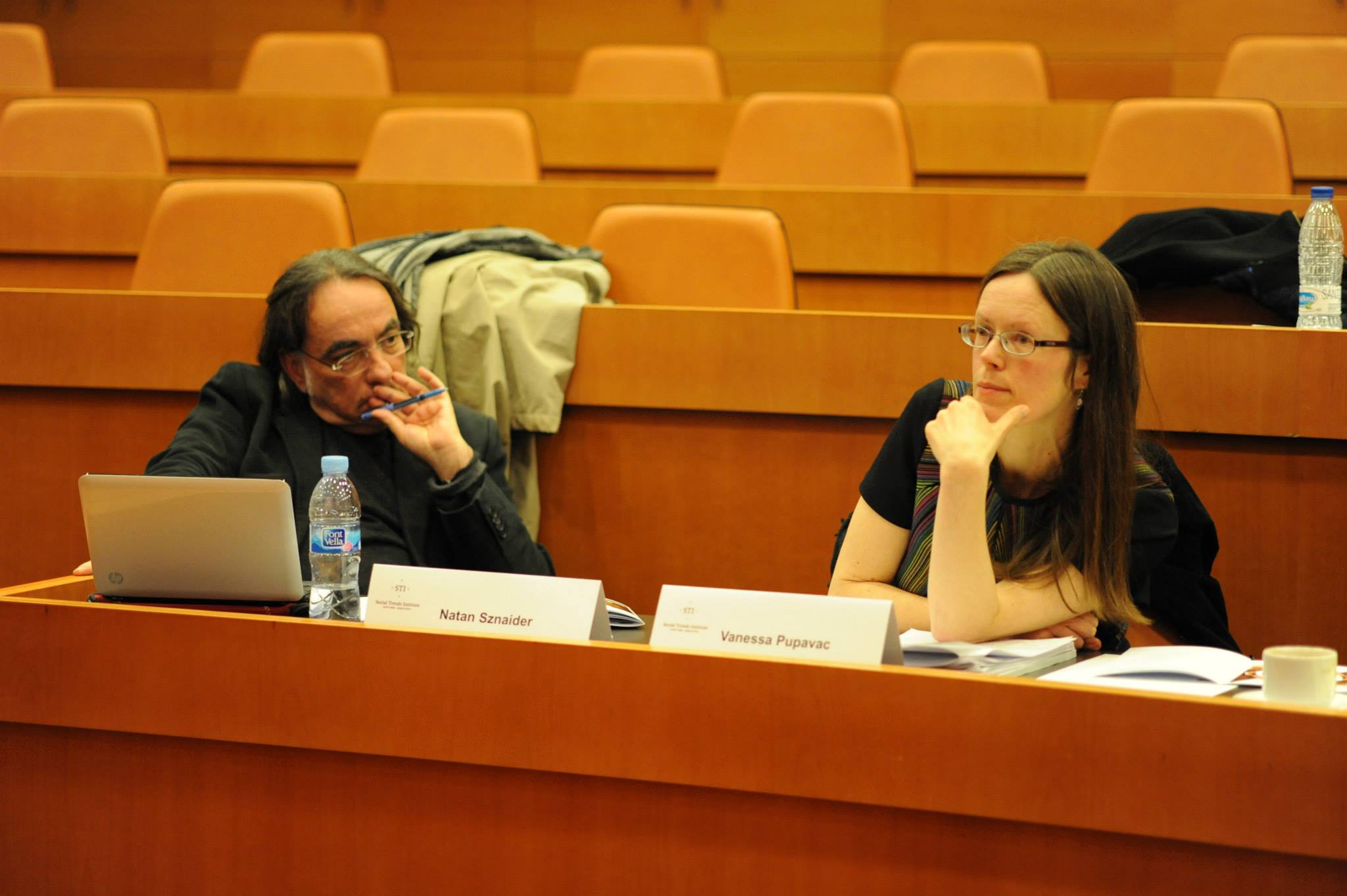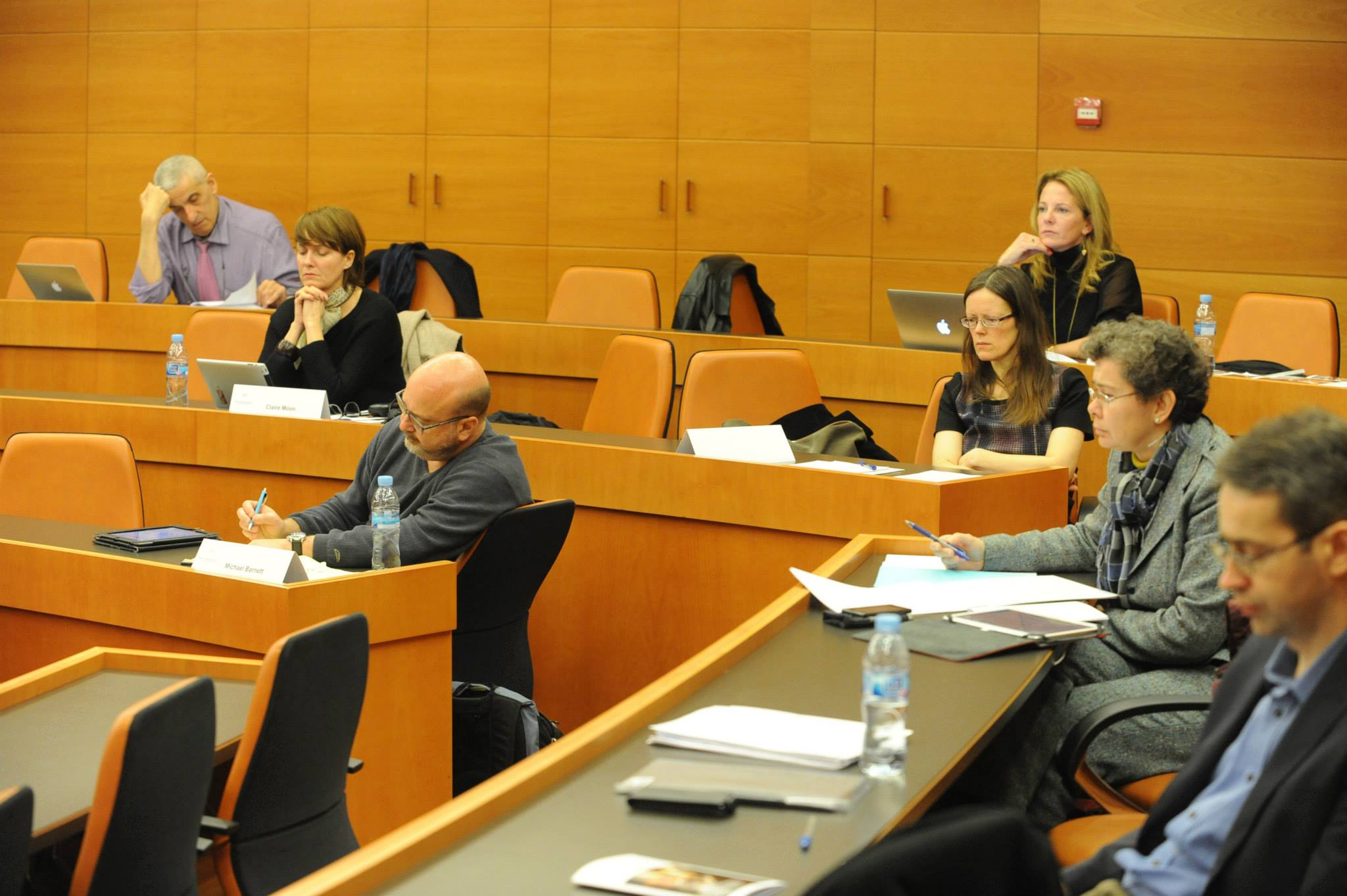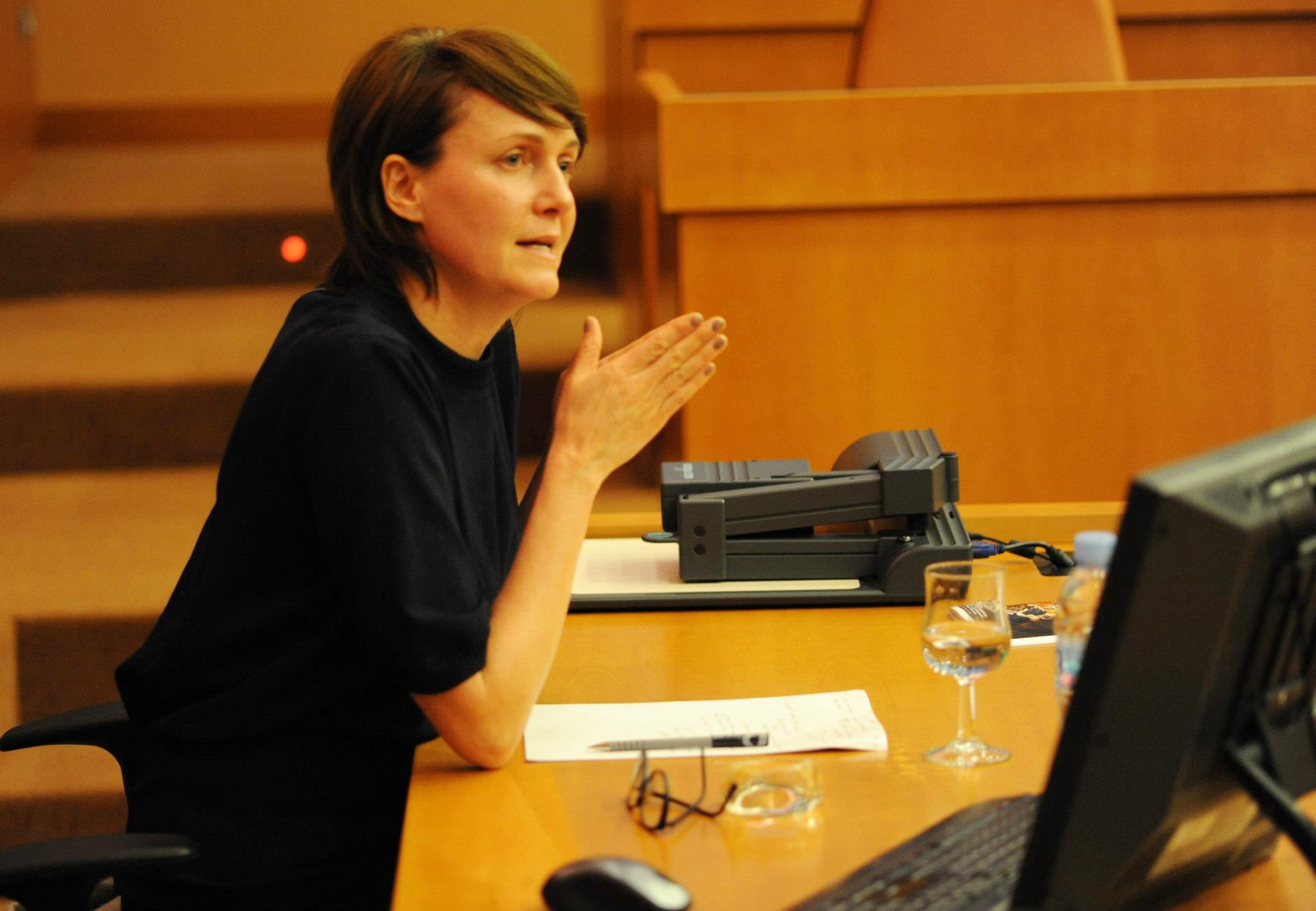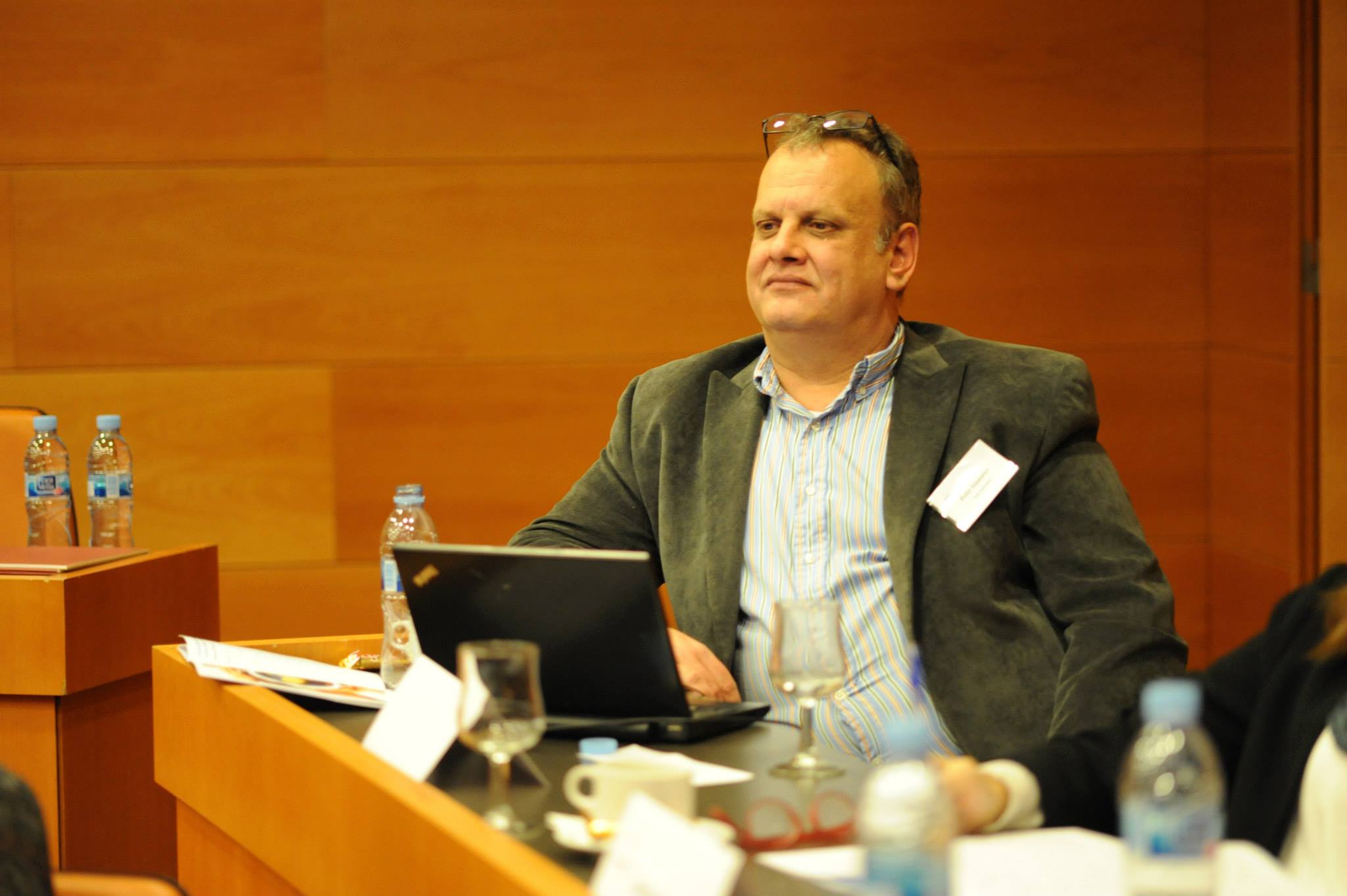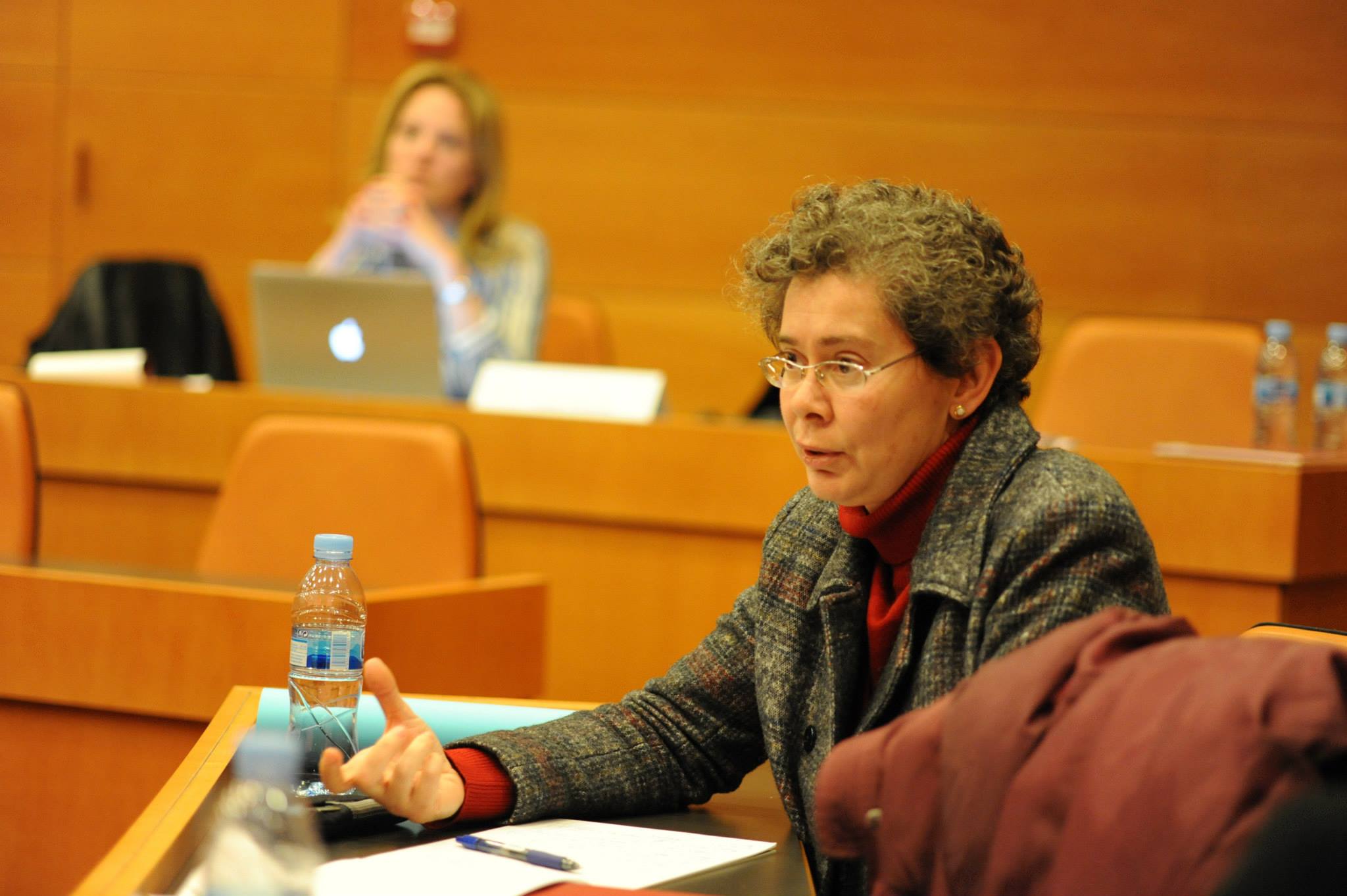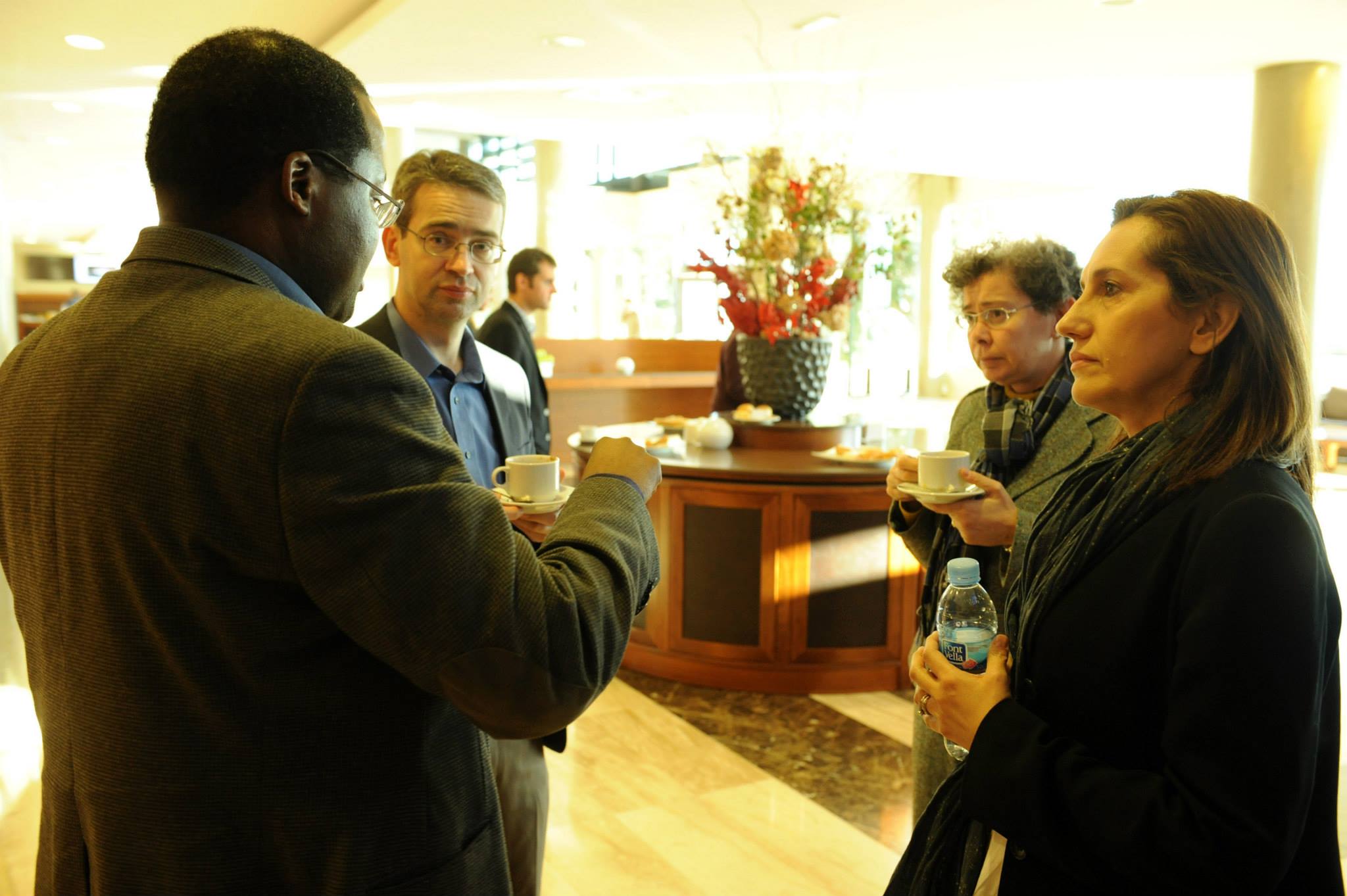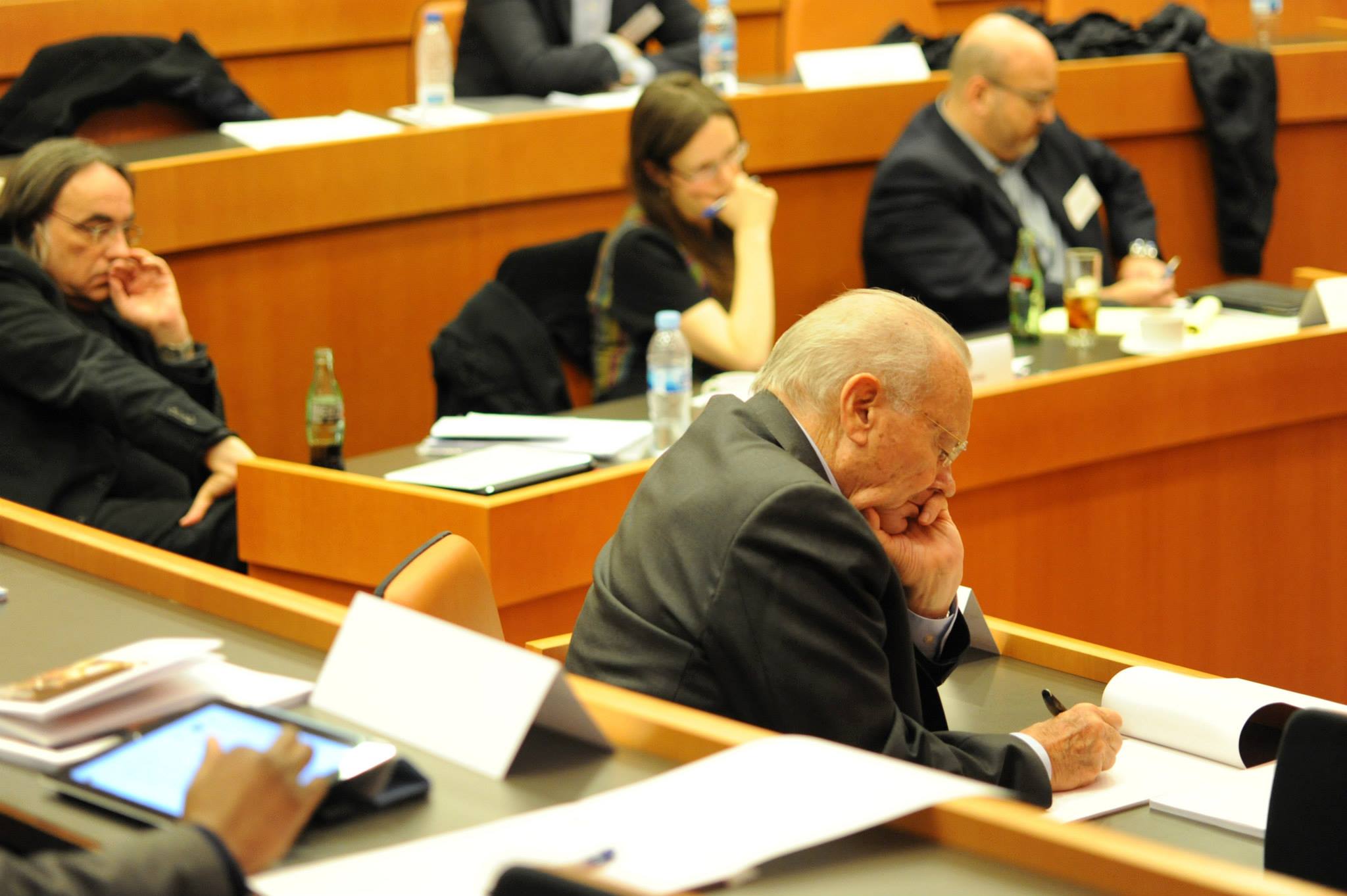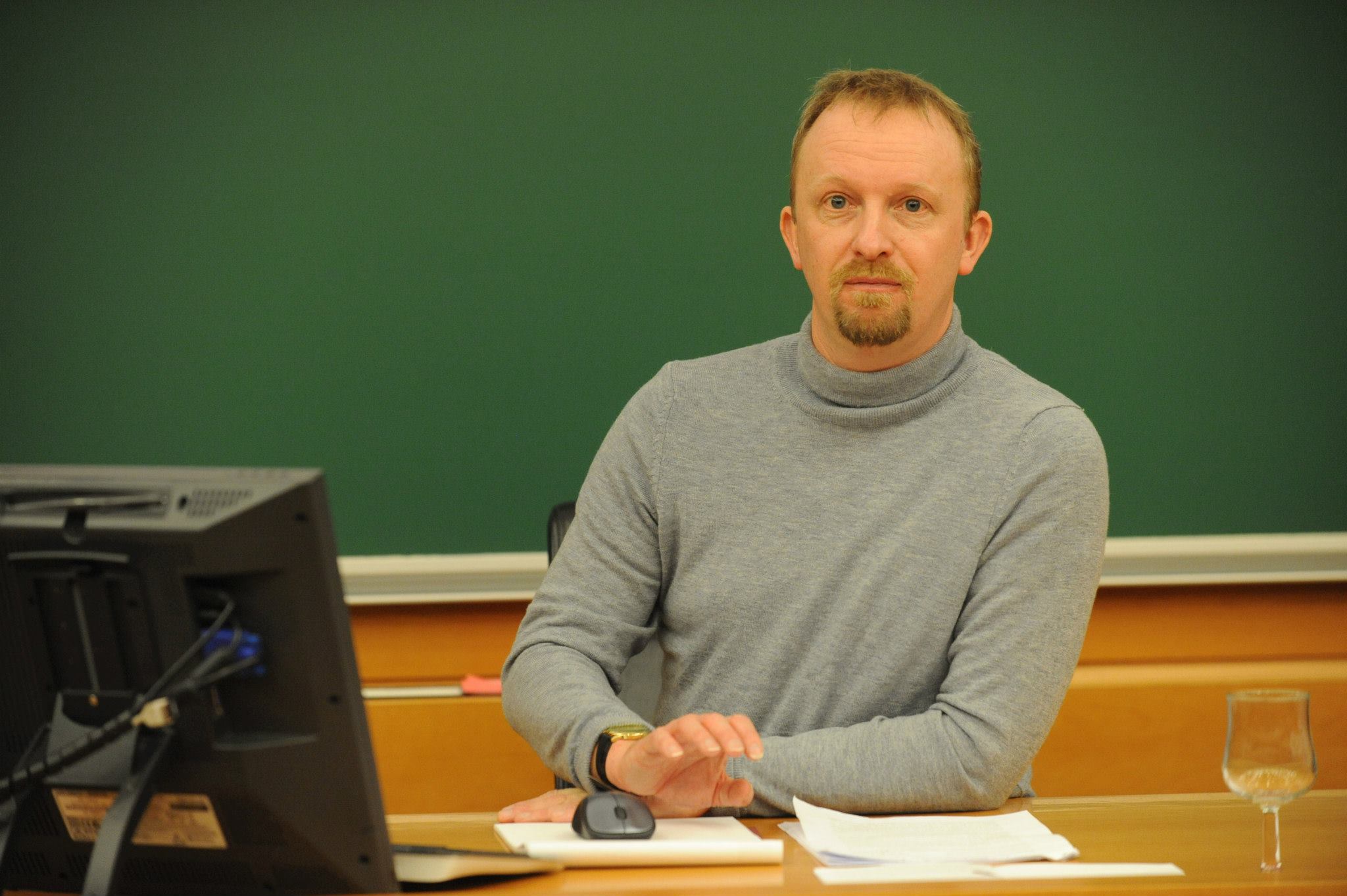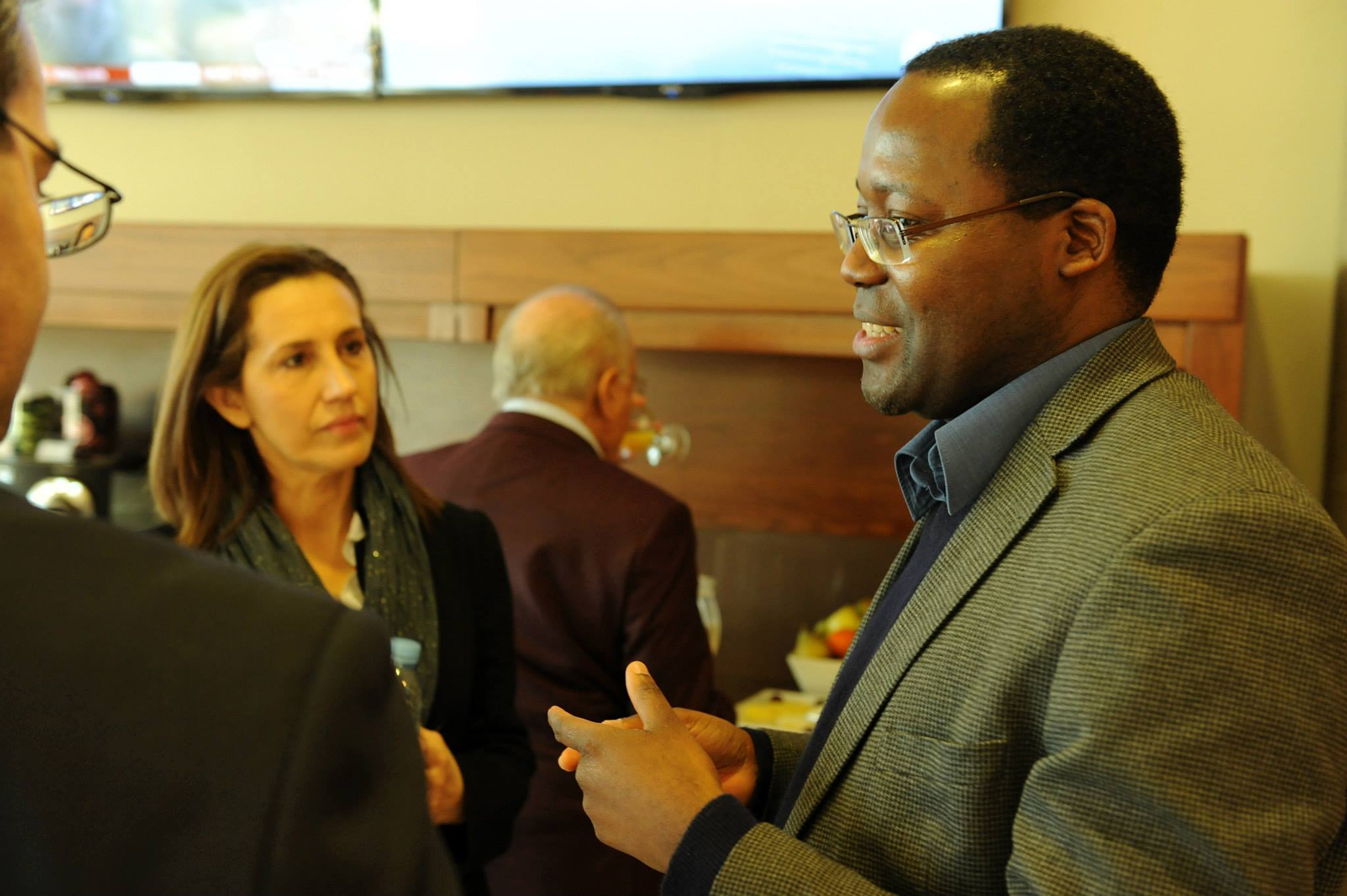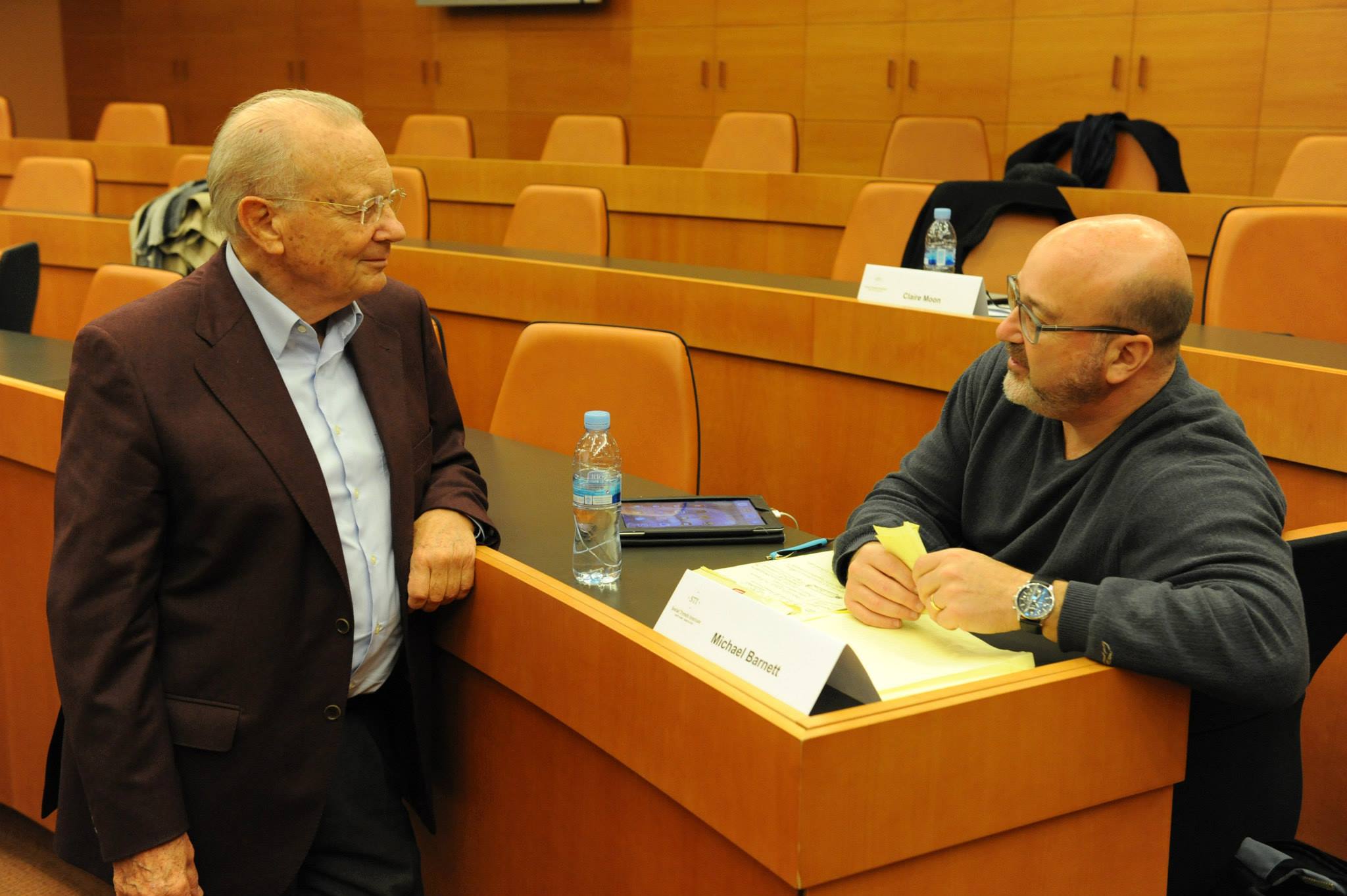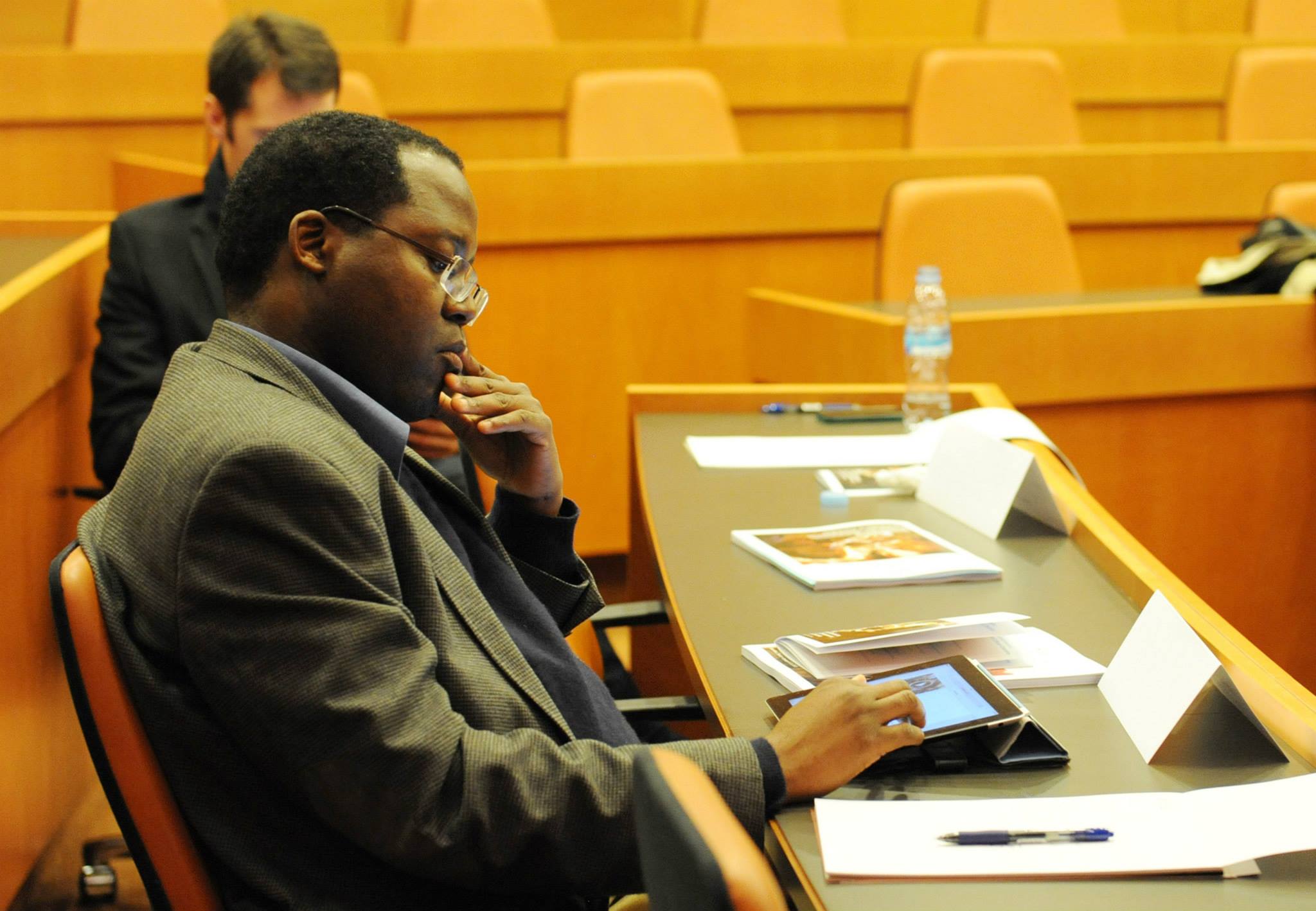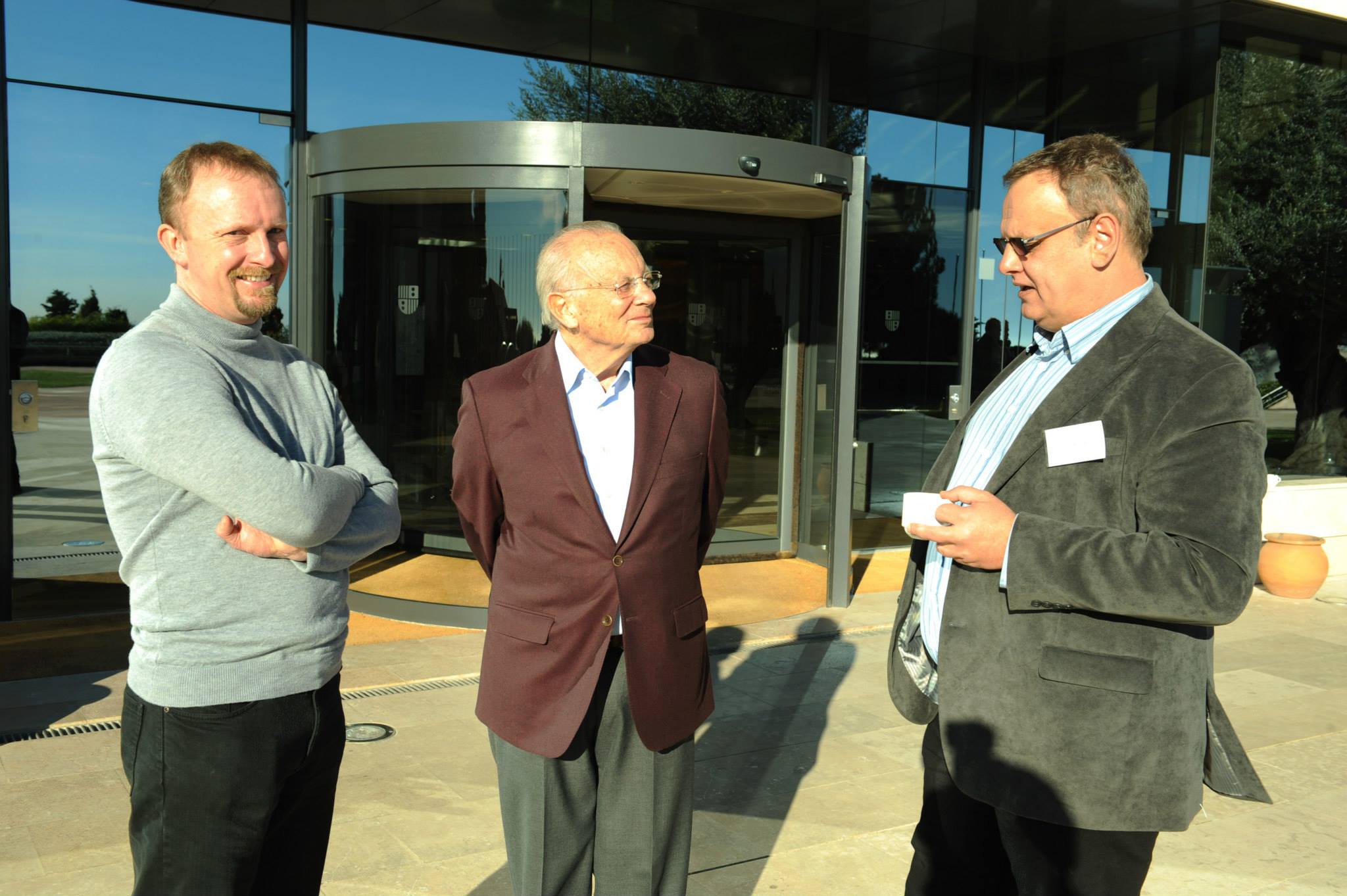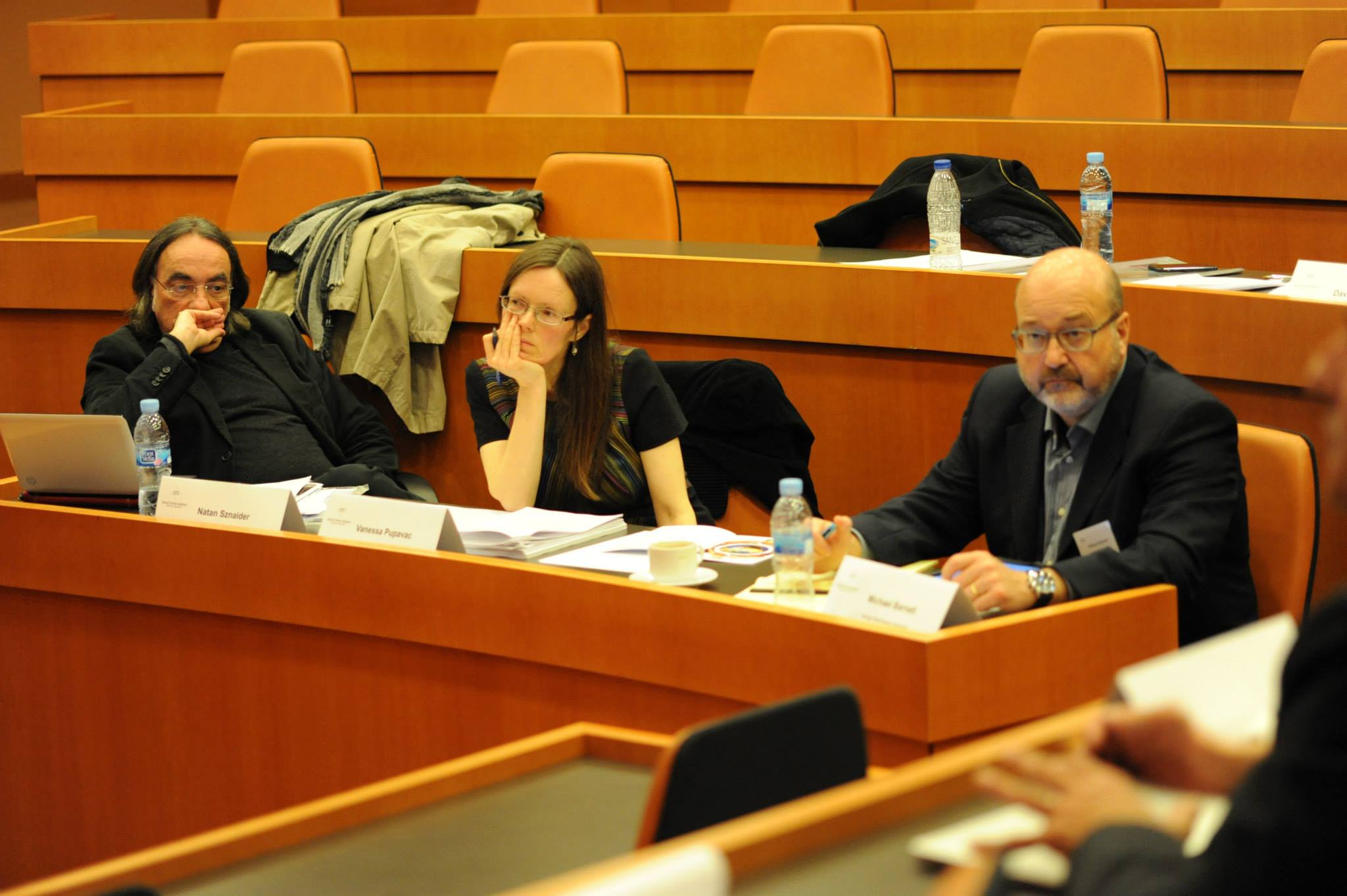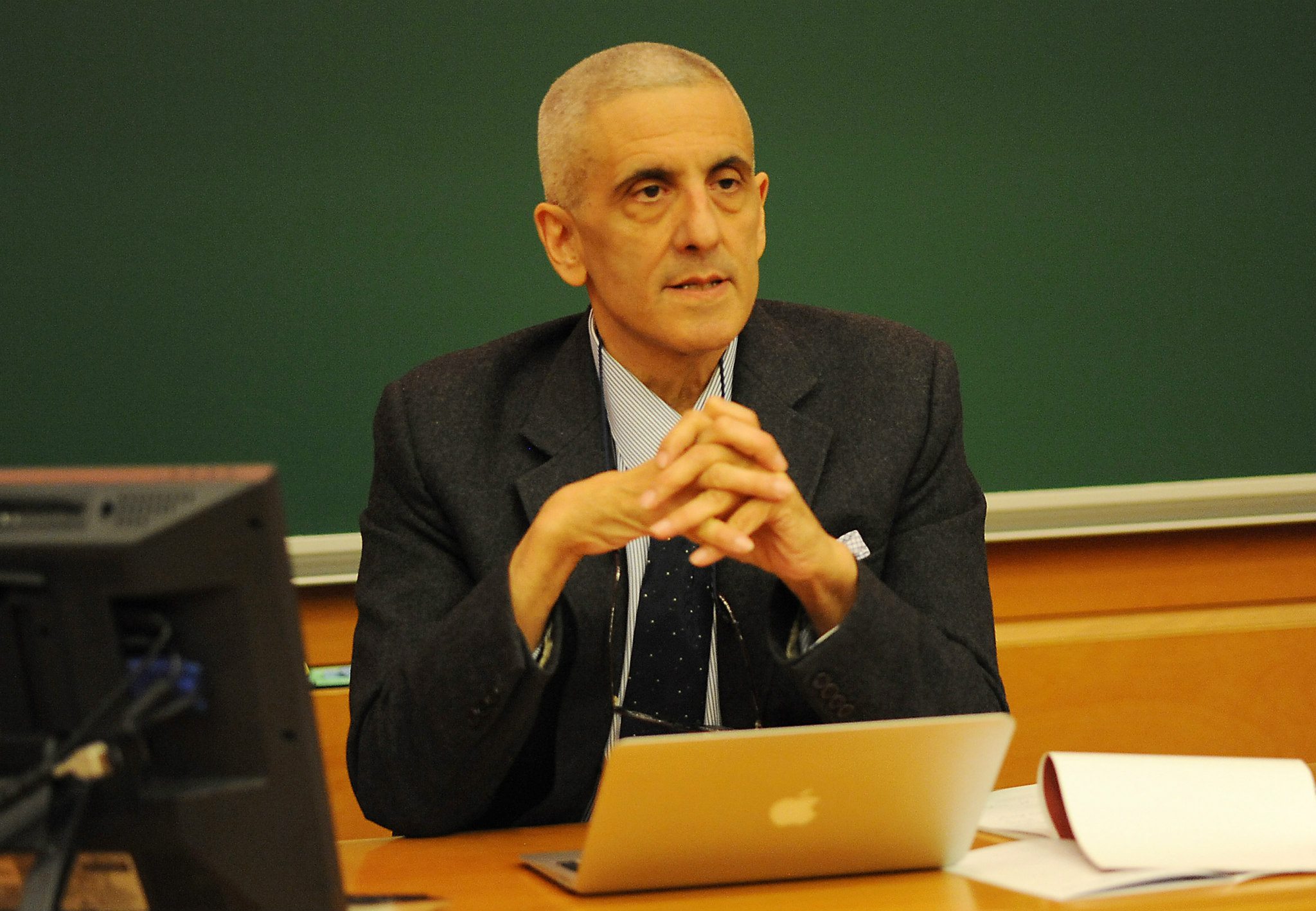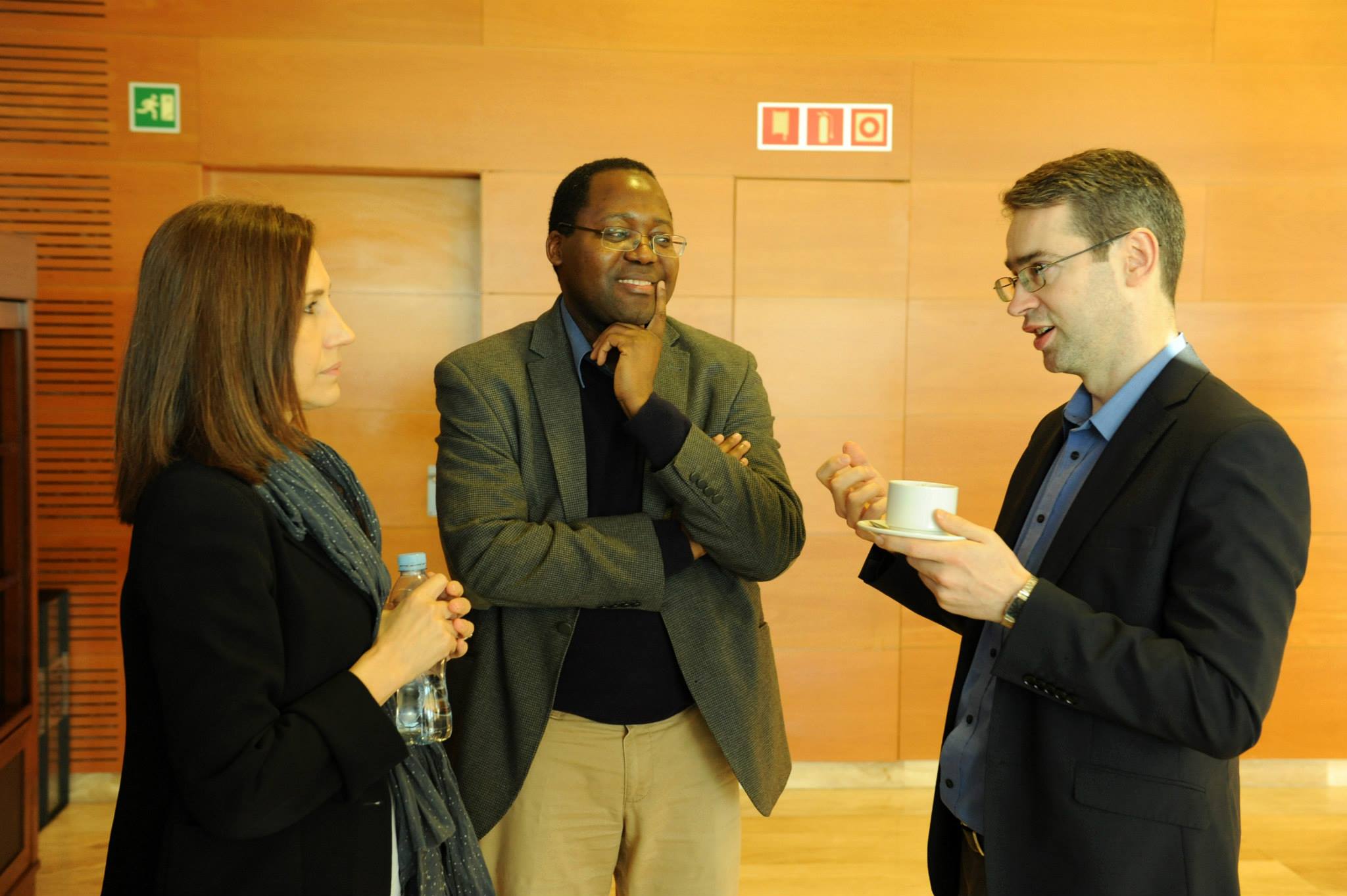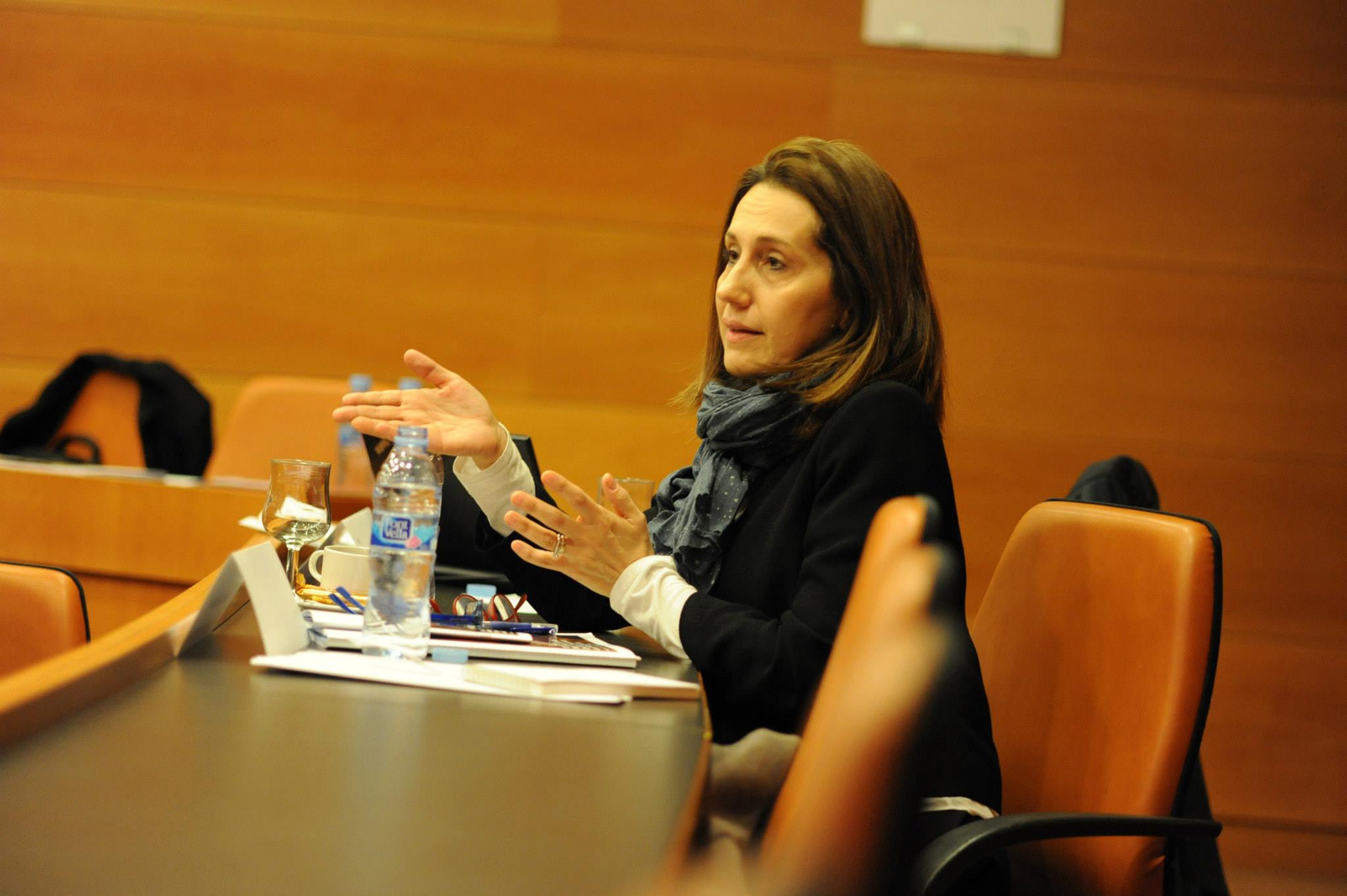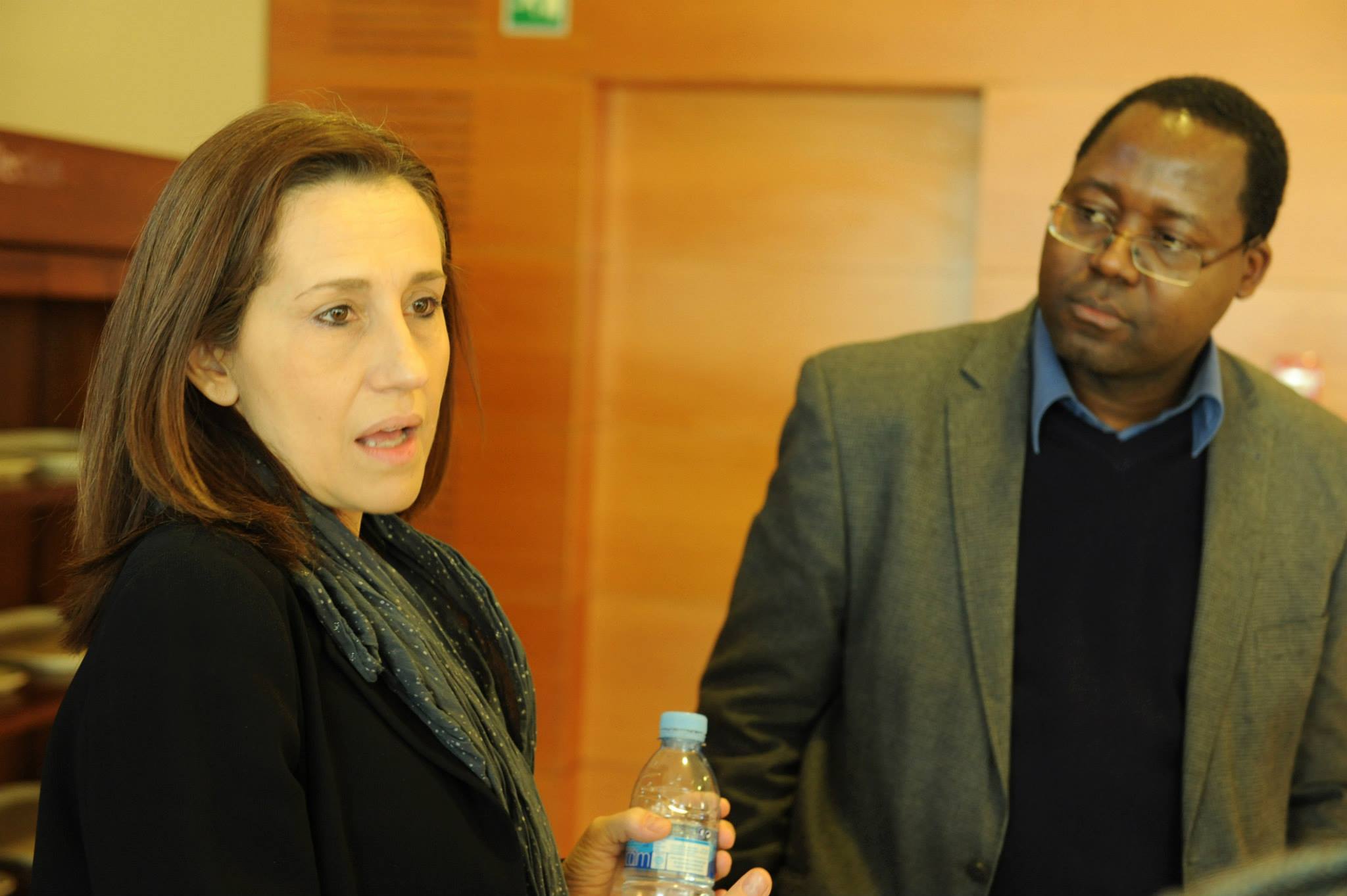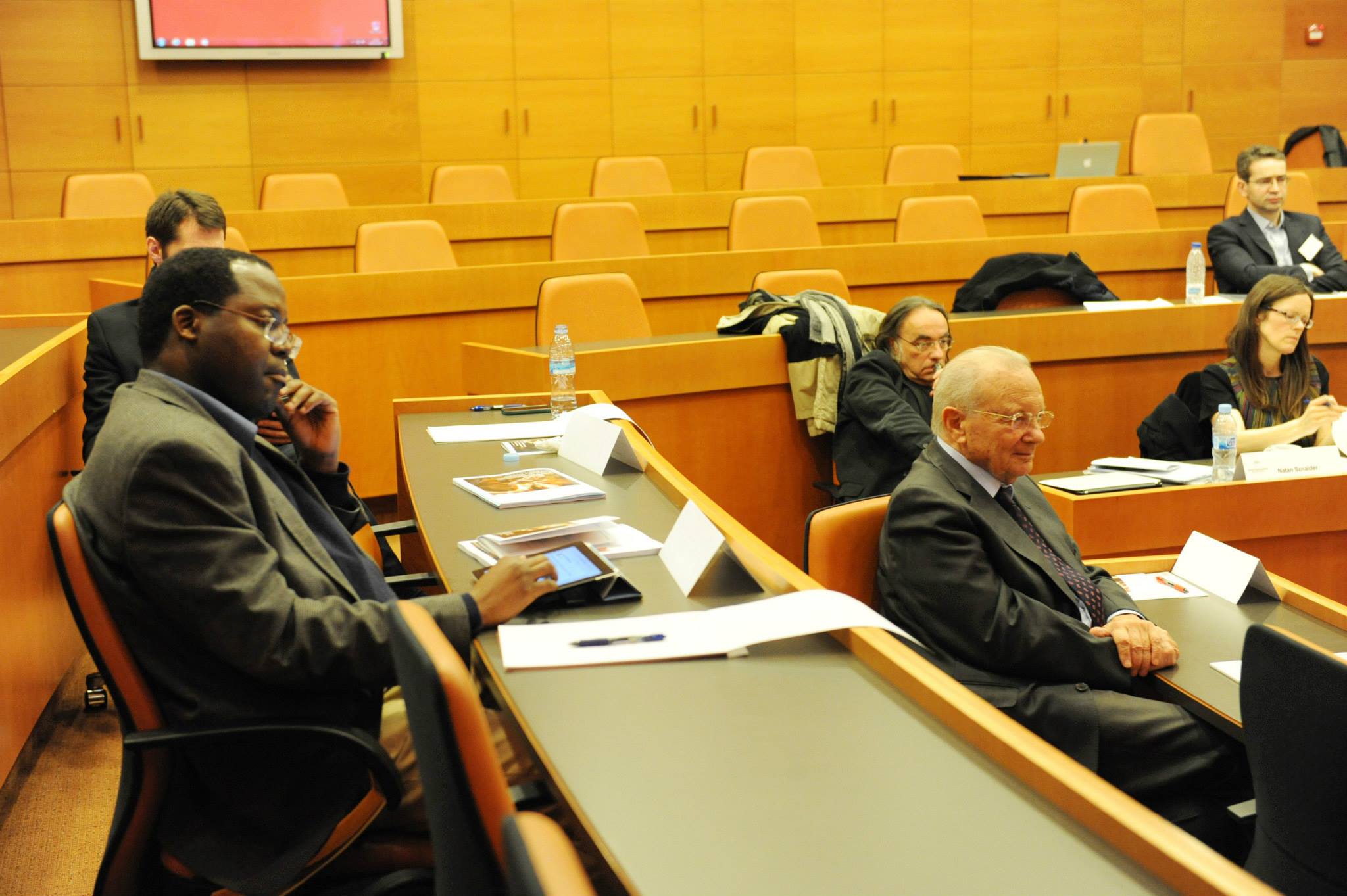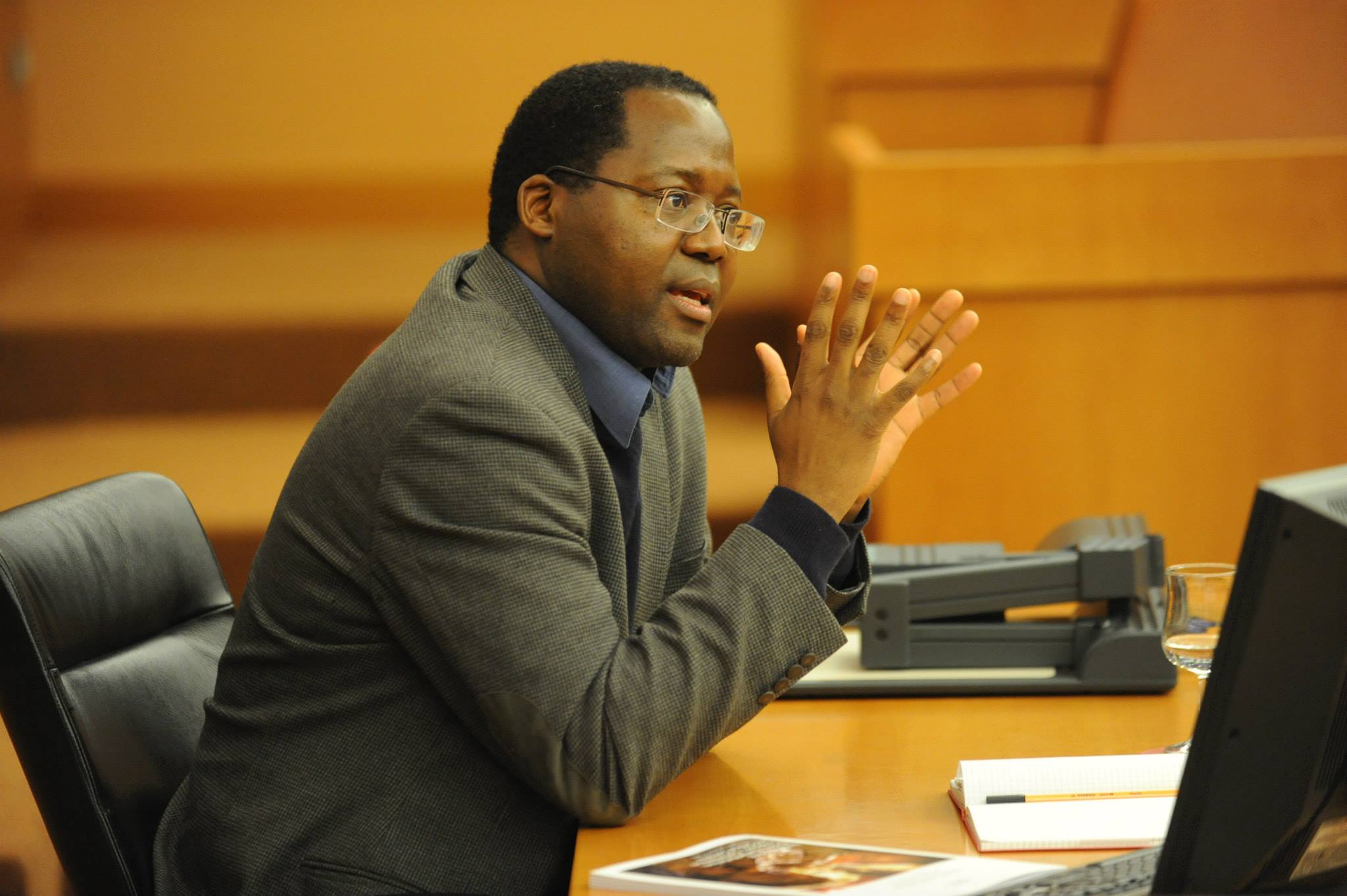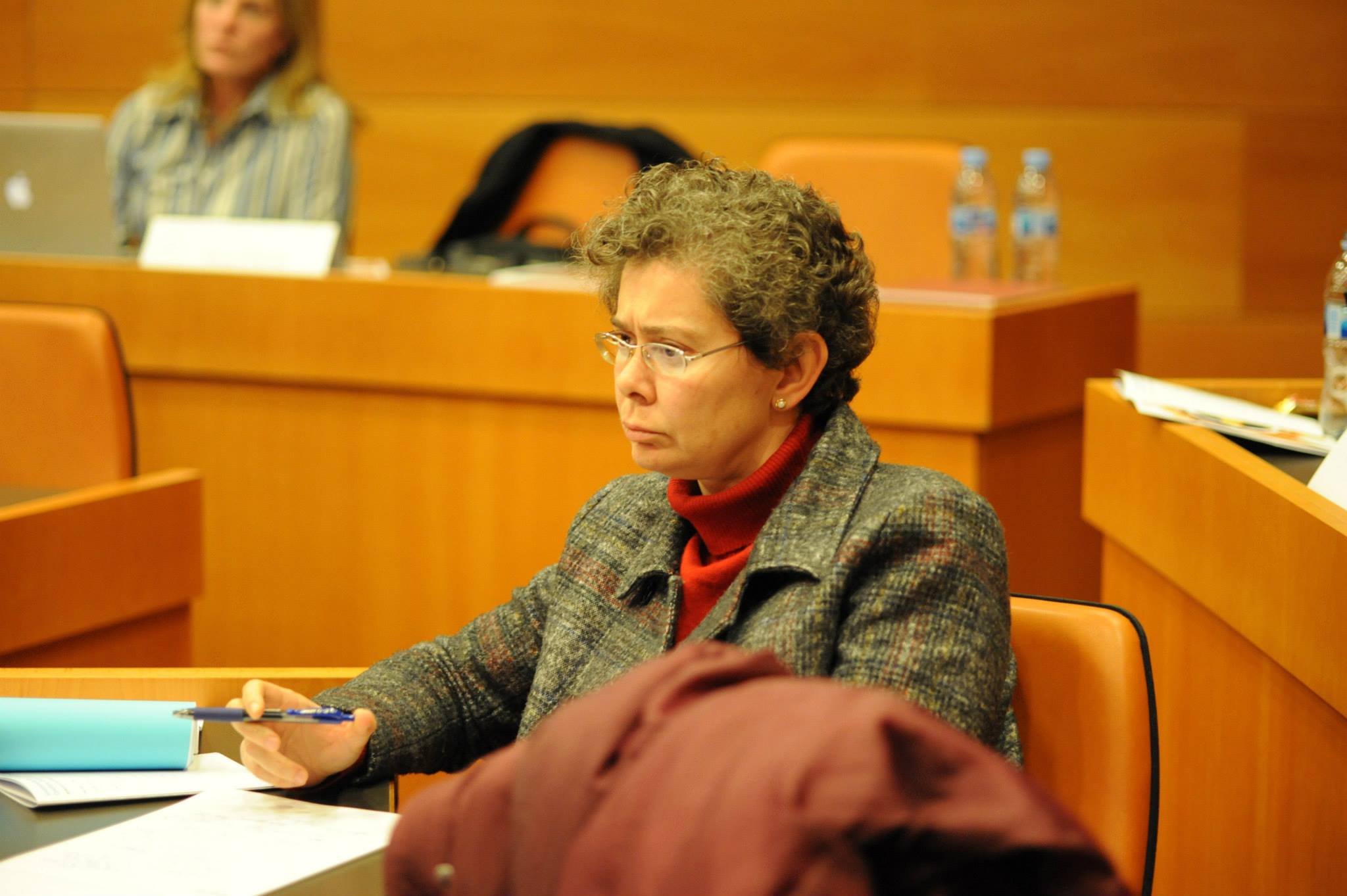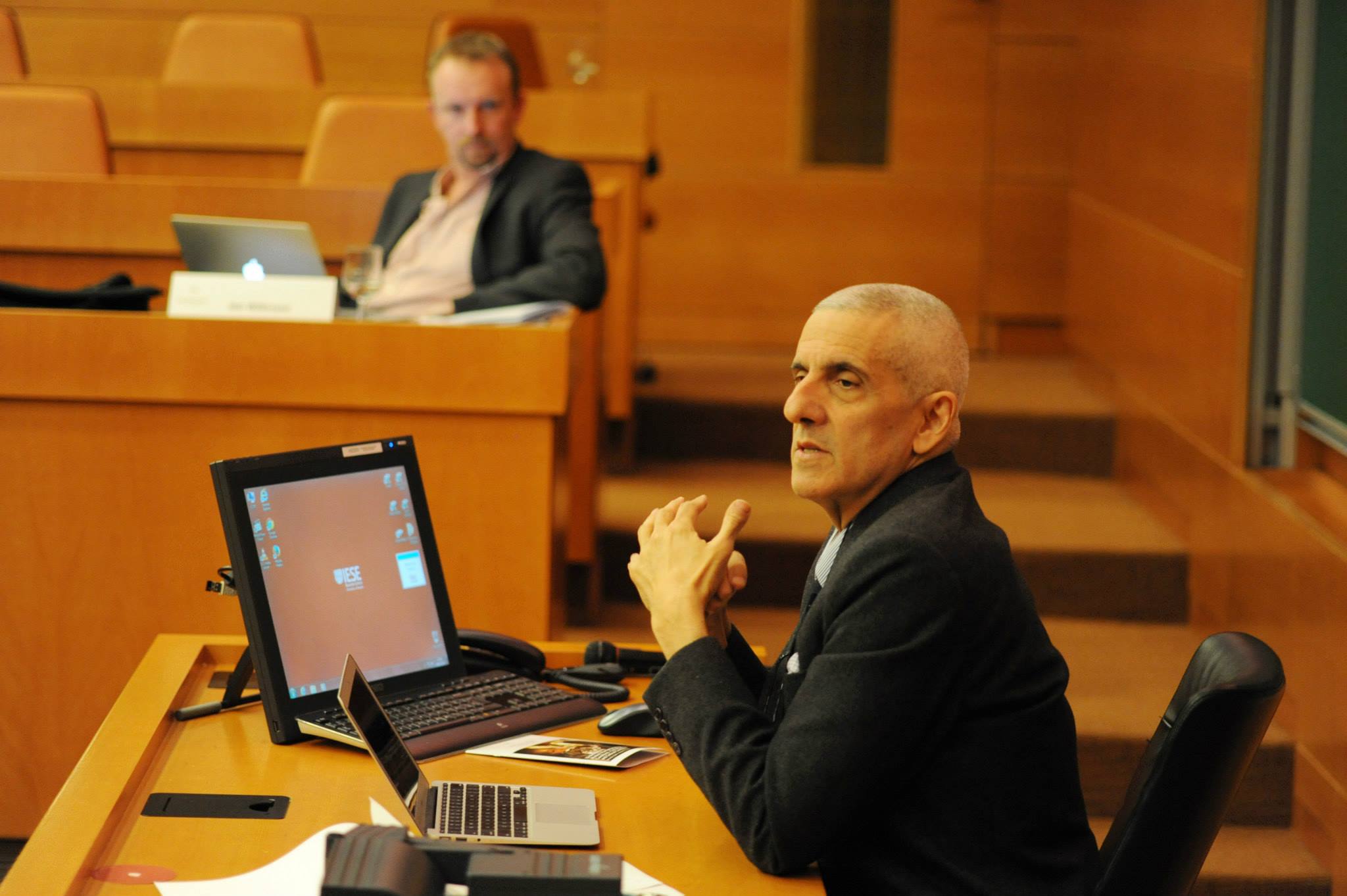Michael Barnett – George Washington University
Humanitarian Practices: Solidarity, Nudge, Shove, or Hegemony?
What is the act of humanitarianism? Humanitarians generally assert that they are in solidarity with the vulnerable and victimized populations of the world. Their critics often contend that aid workers are either witting or unwitting accomplices in imperialism. Between solidarity and hegemony, though, exists a gray area that contains a mixture of care and control. Using the literature on paternalism, I argue that much of humanitarianism exists in the middle ground, and the exact location depends on whether care or control is more prominent. Turning from the conceptual and empirical to the normative, I use the literature on paternalism to survey some of the justificatory arguments used by humanitarian workers to defend why they are justified nudging and shoving the victims of the world for their own good.
Peter Stamatov – Yale University
Humanitarianism and Capitalism: Revisiting the Connection
Is the rise of modern humanitarianism structurally connected with the rise of capitalism–a process that can be best defined as the increasing geographical and institutional complexity of economic activities and the accompanying proliferation of distinct economic roles? Many scholars have suggested as much and their explanations can be divided into two overarching theses. Some have described the role of capitalism (and modernity in general) as providing the conditions for an increased moral concern for “others.” Others, relying usually on Marxist thought at its most prophetic, have “unmasked” humanitarianism as a disguised helper to capitalist exploitation that offers cosmetic treatment to the structural scars of economic injustice. I revisit the question of the connection between humanitarianism and capitalism by returning to crucial point in the crystallization of modern humanitarian norms and practices: the turn of the nineteenth century when a movement for the abolition of the slave trade took shape in Britain, the pioneer and leader in capitalist development. The rise of abolitionist norms and practices are best understood as a political and cultural process of “humanitarization” or framing in distinctively moral terms of the complex roles and interactions of a developing and increasingly capitalist market and economy: redefining geographically distant individuals at the “bottom” of complex commodity chains as fully human and deserving rights; defining previously unproblematic economic practices such as the trade in human beings as immoral; stigmatizing private consumption and investment practices that support the slave trade; and condemning the direct and indirect involvement of the state in the support of these economic practices. None of these interrelated processes of political “humanitarization” of the economy can be derived causally from a “deeper” economic logic of capitalist development. The origin and development of modern humanitarianism is better understood as a culturally autonomous dimension of modernity with distinctly political overtones.
David Rieff
Power, Politics, and Ideology in Humanitarian Action
Despite the fact that what Alex De Waal once called a “humanitarian international” does indeed exist, the ideological underpinnings of humanitarian action, in the narrow sense I will use the term in the paper, which is that of emergency relief rather than development, to a large extent reflect differing national conditions, political developments, and power and status, in the countries where the major international aid agencies were founded. The deontology of the “original” aid organization, the International Committee of the Red Cross (ICRC), has been based neutrality. In contrast, the American tradition is one in which most relief groups assume they will cooperate closely with government. An emblematic case would be the International rescue Committee (IRC). The British case is mixed. The two most significant British aid groups, Oxfam and Save the Children, were founded by people who were highly critical of the political status quo, and yet during the Blair and Brown governments, there seemed almost to be a revolving door between HMG and the agencies, above all Oxfam. The French tradition, embodied first and foremost by Doctors Without Borders (MSF), has been the polar opposite of the American, with the organization refusing to take money from governments and remaining as aloof as possible from them.
This paper will trace the lineage of these major relief traditions, but once it has done this, it will focus on what has changed and why in humanitarian groups’ relations with political actors political actors, not just the major donor governments, the EU, and the UN system, but also those in the Global South as well. It will also consider the extent to which so-called non-traditional donors, be these Islamic charities or multinational corporations, have changed the humanitarian rules of the game. Of course, the paper will also consider what has not changed, and, without claiming any predictive power, outline the challenges new and old that humanitarian action faces in the early 21st century and some possible responses to them.
Claire Moon – London School of Economics
Forensic humanitarianism and the politics of the grave
My contribution charts the emergence of what I call ‘forensic humanitarianism’. This phenomenon is a feature of transitional politics, to which the adjudication and settlement of past atrocity (primarily state crimes) is central. Forensic humanitarianism subordinates the epistemologies and practices of scientific enquiry to the moral and legal framework of human rights in order to address questions central to the adjudication of mass atrocities, namely: who are the dead? How were they killed? These questions have come to be addressed in diverse contexts, from attempts to establish the identities of the disappeared in Argentina in the mid-1980s; the trial for genocide of Guatemala’s former President, Rios Montt; the efforts to return human remains to families of the dead in the former-Yugoslavia; and to the exhumation of clandestine civil war graves in Spain. In such contexts forensic expertise has advanced a set of scientifically-based arguments that claim to settle questions of historical and political contention. However, by investigating the emergence of the field of forensic humanitarianism and its concomitant claims conceptually, historically and theoretically, I show that they are the accretions of multiple and complex histories, ideas and practices within which human remains cross the domains and mediate the diverse demands of humanitarianism, law, politics and science, bearing witness to a ‘politics of the grave’. My argument connects up forensic humanitarianism with the histories, ideals and politics of its practice and indicates the ways in which it intersects with the emotional economies of grief and mourning, kinship and family relations, as well as with the moral injunctions of truth and justice, the political imperatives of legitimacy, the principles of human rights, and, significantly, raises questions about the human rights of the dead. It presents forensic humanitarianism as a rich site of analysis that taps into the complex relationships between these varied spheres of idea, practice and lived experience.
Lilie Chouliaraki – London School of Economics
Post-humanitarianism. The contemporary politics of solidarity
In this paper I discuss historical change in the communication of solidarity within the humanitarian and human rights fields. To this end, I present a typology of iconographies of solidarity, dominant in the past 50 years, and focus, in particular, on a new iconographical proposal, what I call a ‘post-humanitarian’ proposal, which tends to focus on ‘us’ rather than distant sufferers as the moral source of action on their suffering. Drawing on specific examples of this emerging iconography, I explore its key features and reflect on its moral and political implications.
Elísio Macamo – University of Basel
The Paradox of Humanitarianism and the Perils of Conceptualization
Seen from the vantage point of a skeptical attitude towards the claims of the Enlightenment the notion of humanitarianism could be described as entailing a paradox that bears on the conceptual construction of the object of the social sciences. What defines humanitarianism is a Kantian ethics of concern for others which emphasizes one’s own humanity. This concern for others has played an important role in the justification of the relationship between the West and the Rest. The paradox that my contribution will seek to explore refers to the real scope of humanitarianism when defined against the background of the so-called Enlightenment Project. The paper will argue that this genealogy commits humanitarianism to a form of essentialism that stands in the way of an adequate conceptualization of non-European objects of study.
Iain Wilkinson – University of Kent
Humanitarianism as a Problem for Social Understanding
It is widely acknowledged that a ‘conventional narrative’ has been adopted as a means to set terms for the analysis and critique of modern humanitarianism. This starts out from the premise that its founding moment lies in the efforts made by Henri Dunant to establish a permanent system of assistance for the casualties of war following his shock encounter with the wounded, dead and dying on the battlefield of Solferino in 1859. The wellspring of modern humanitarianism is understood to be located in an original concern to organize and consecrate a particular form of civil action; one guided by principles of impartiality (the quality and quantity of aid is set to correspond with people’s needs) neutrality (humanitarian action is a motivated by a direct response to the suffering of people and nothing else besides) and independence (humanitarian action operates above the fray of politics). From here, it is argued that through the twentieth century it is possible to chart a process in which the original aims and objectives of modern humanitarianism have been abandoned and have been replaced by new governmental imperatives and ideological agendas. More recently this conventional narrative has been taken up as a matter for critical debate. It is regarded as a highly partial account of humanitarianism in which far too much of its history and its social configurations are left obscured. By contrast, the roots of modern humanitarianism are understood to lie much deeper within the origins of modernity and the early budding of its disparate cultures of humanity. It is also identified as a far more socially, culturally and institutionally elaborated phenomenon. Here the founding and institutionalization of an ‘emergency humanitarianism’ as a component of frameworks of global governance is viewed as ‘a species development’ of social forces and modes of sociality that have a considerably more variegated genealogy. This paper reviews some of the key developments in the new historiography of humanitarianism with the aim of outlining the possible ways in which this may transform the social understanding of humanitarianism. Beyond this it is argued that such work serves to present us with new ways of understanding the development of western social consciousness, and of inquiries into our social condition, as component parts of a burgeoning humanitarian cultural outlook and sensibility.
